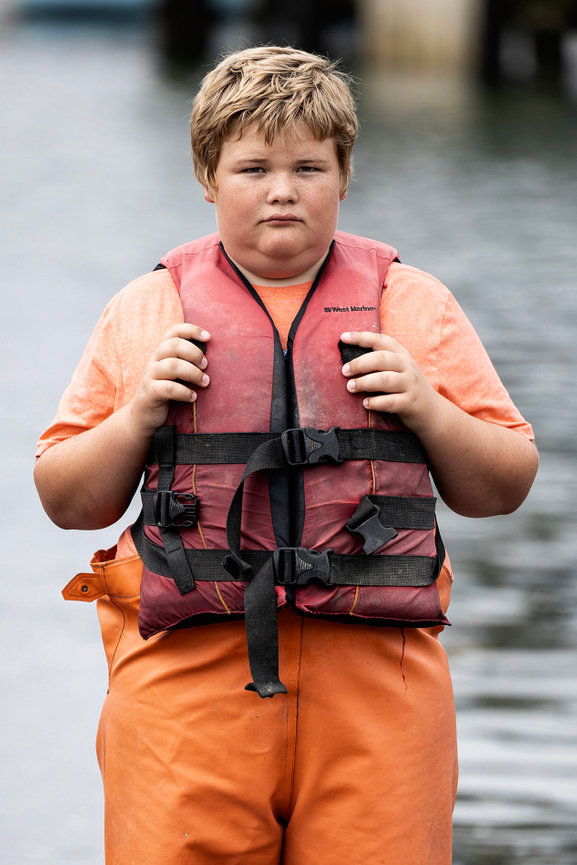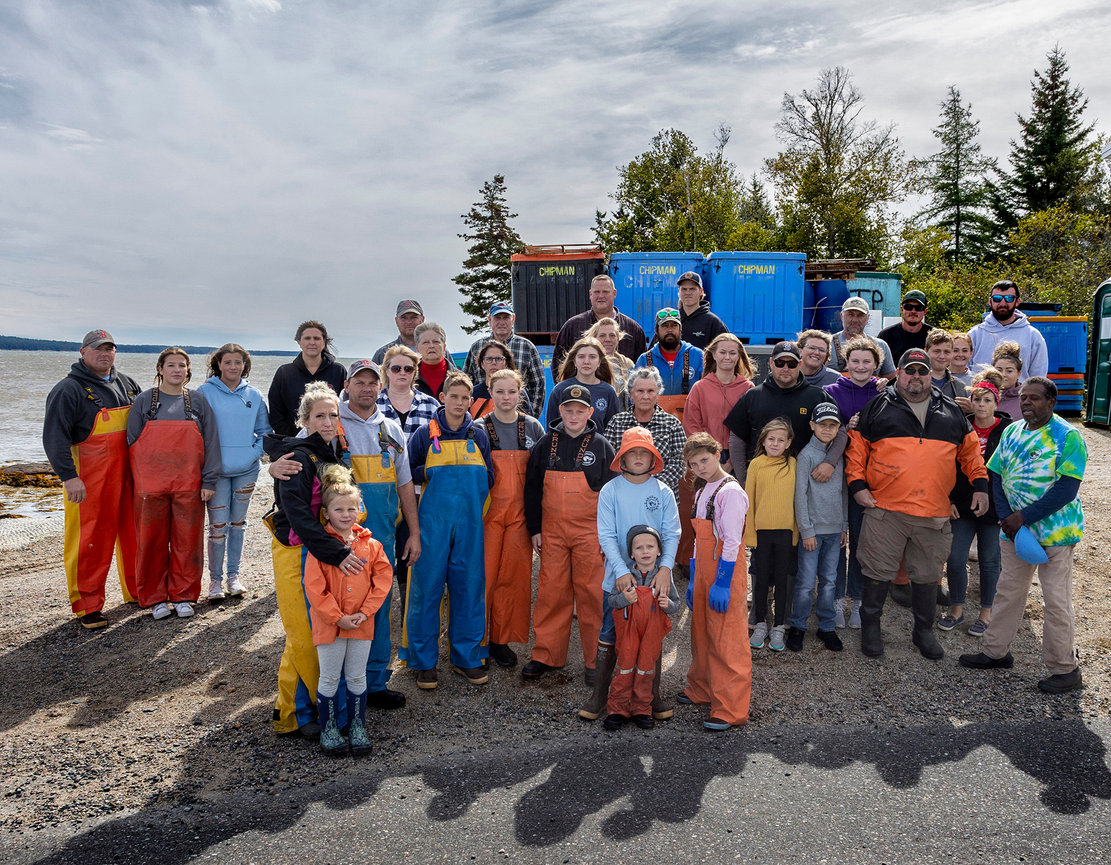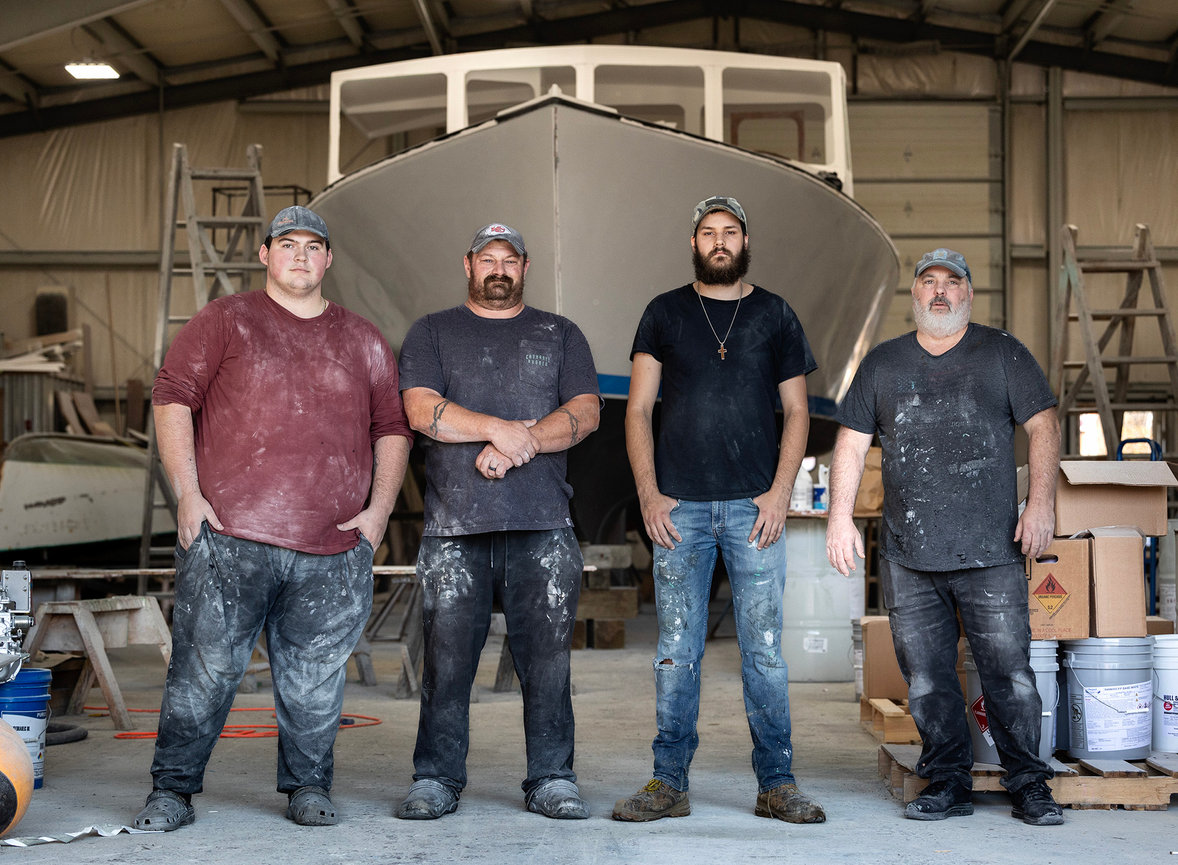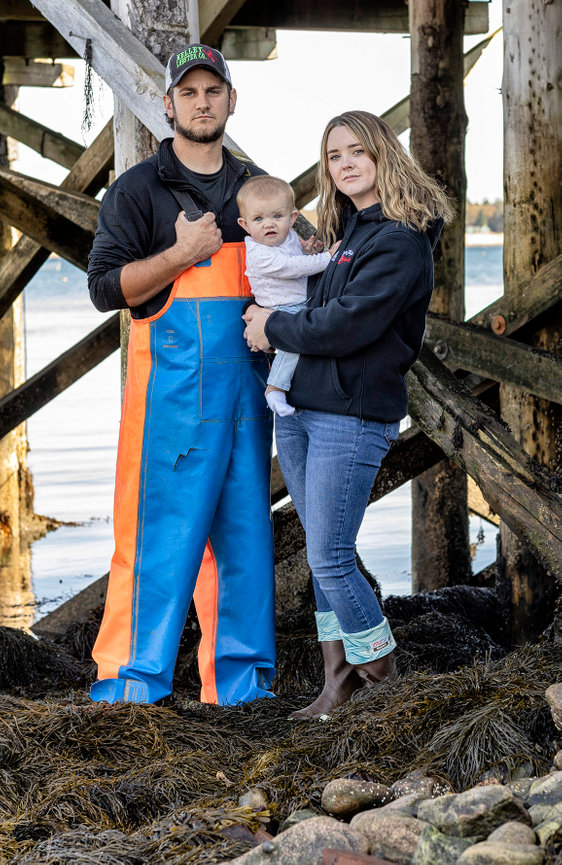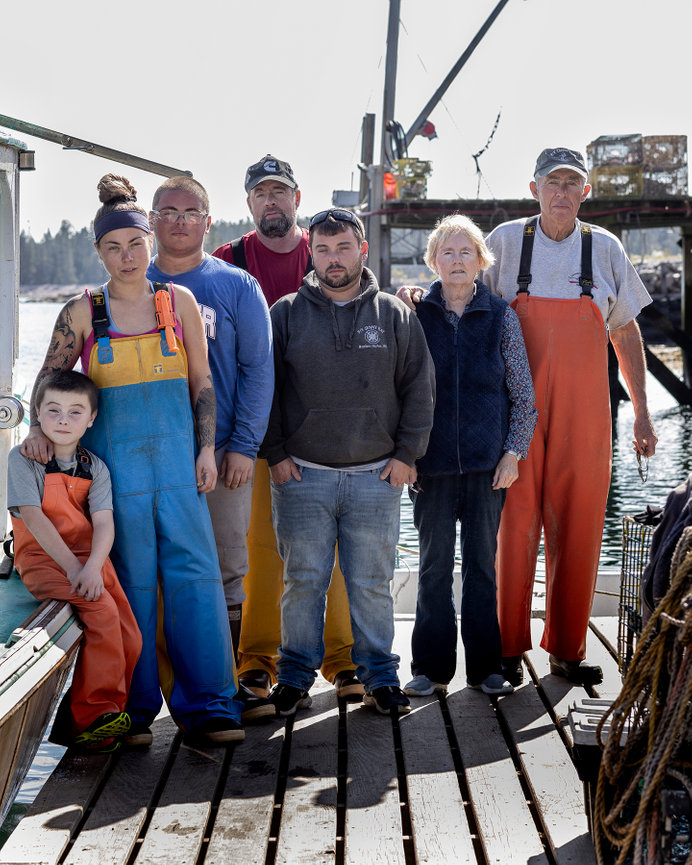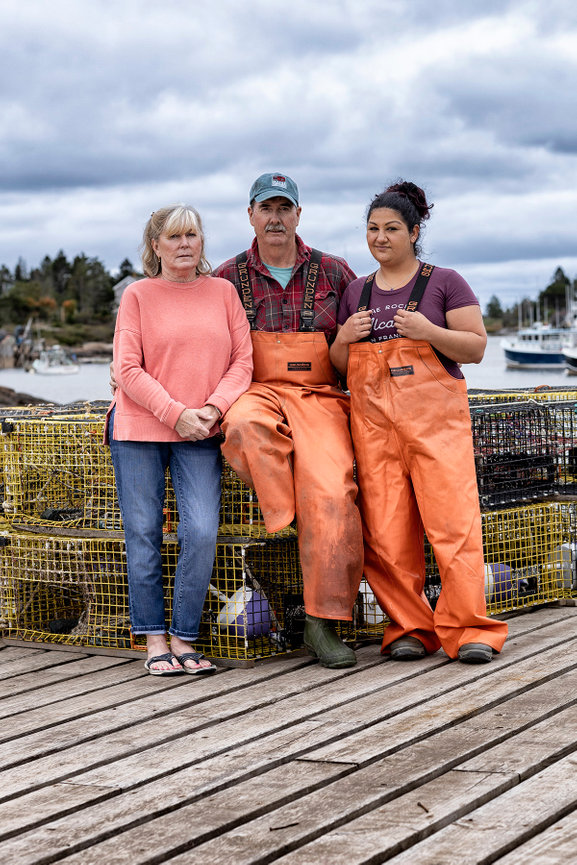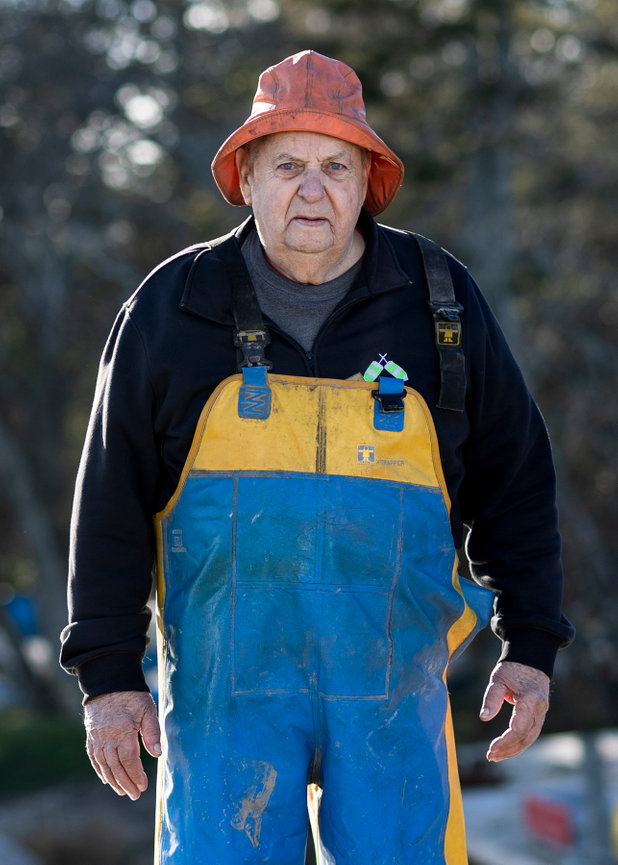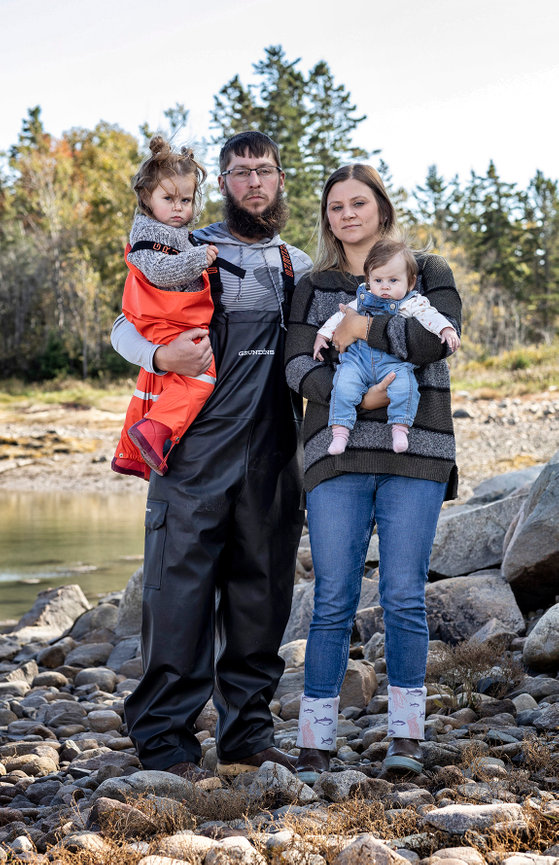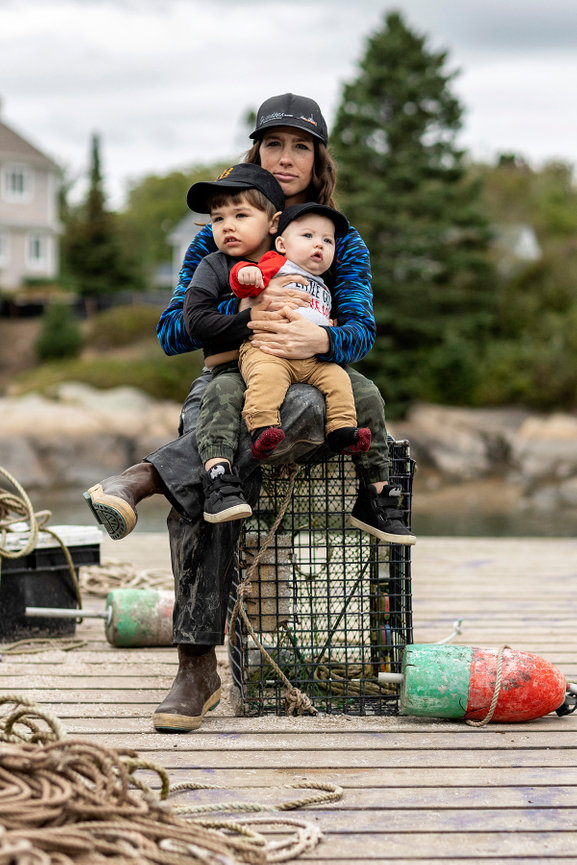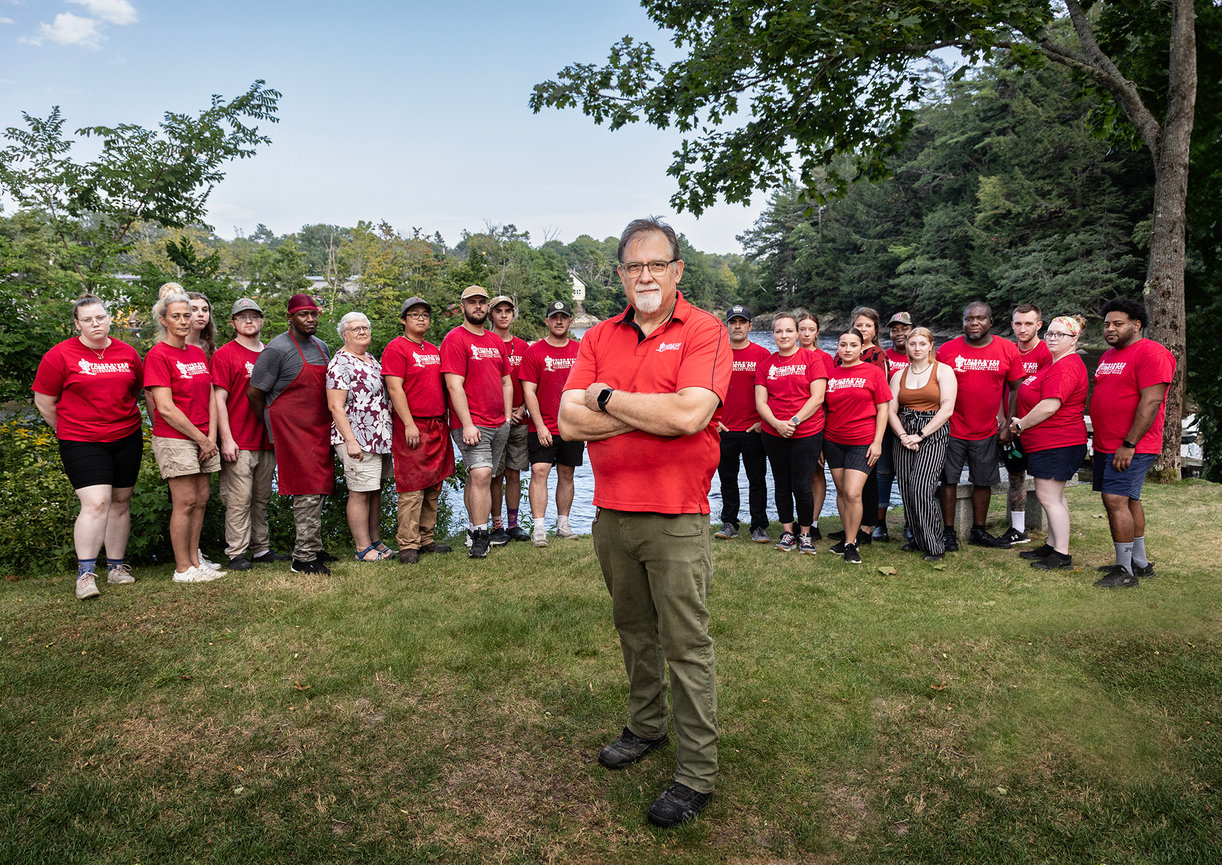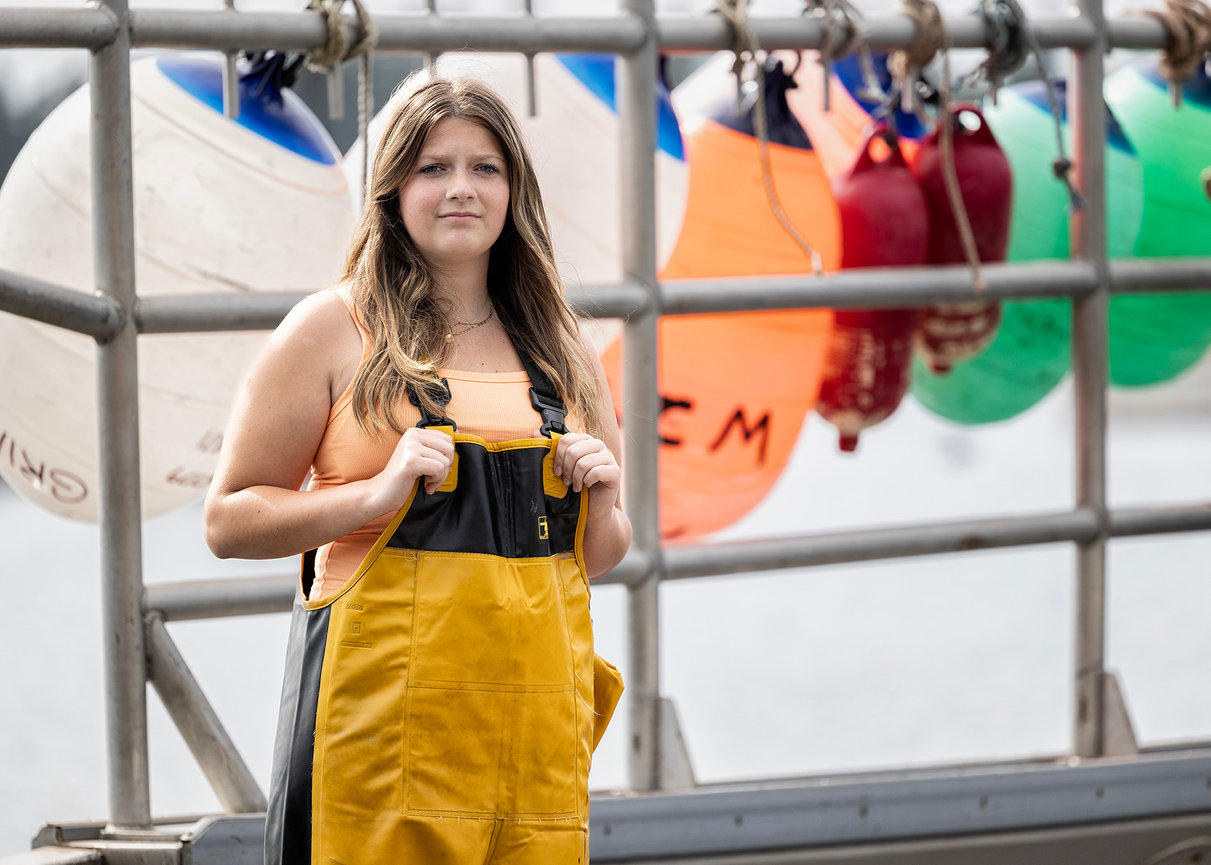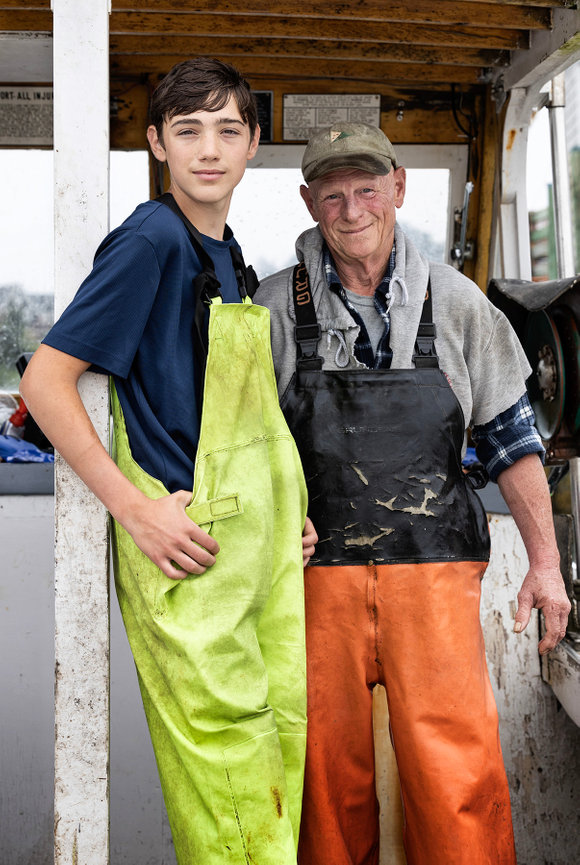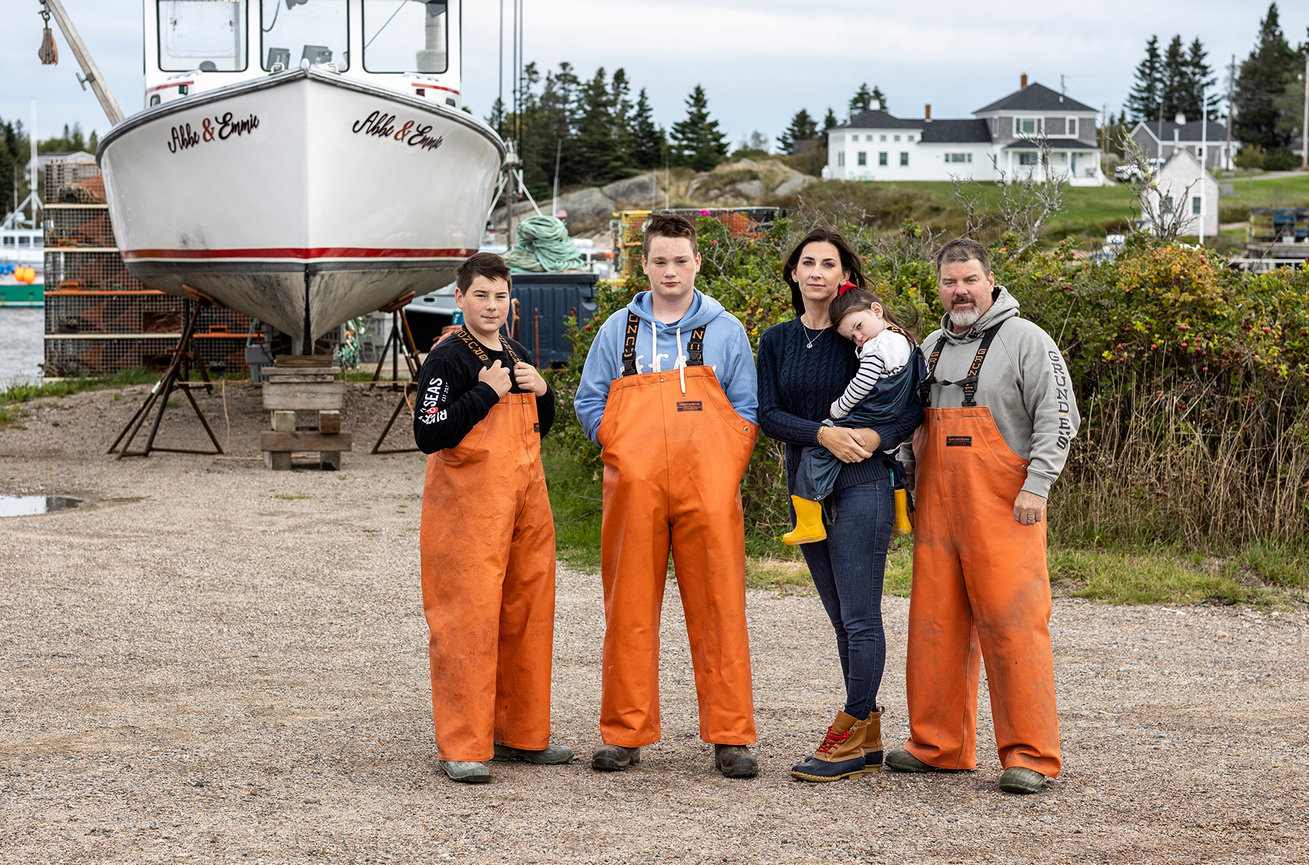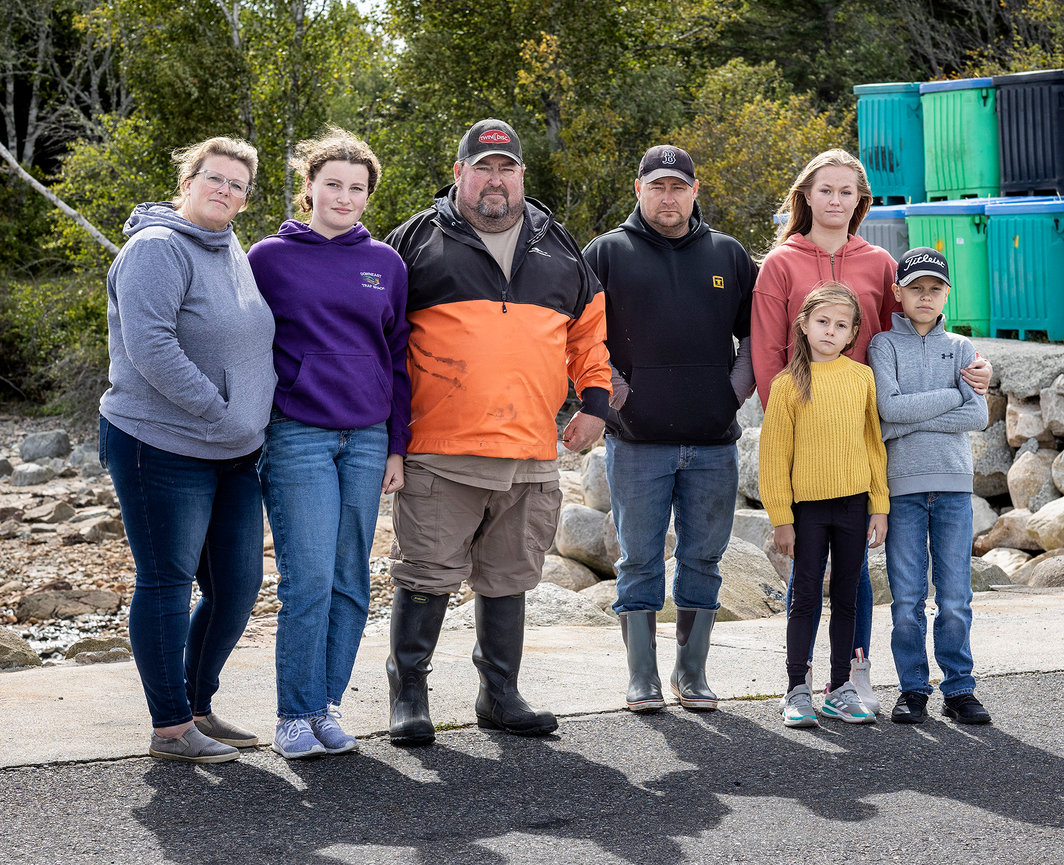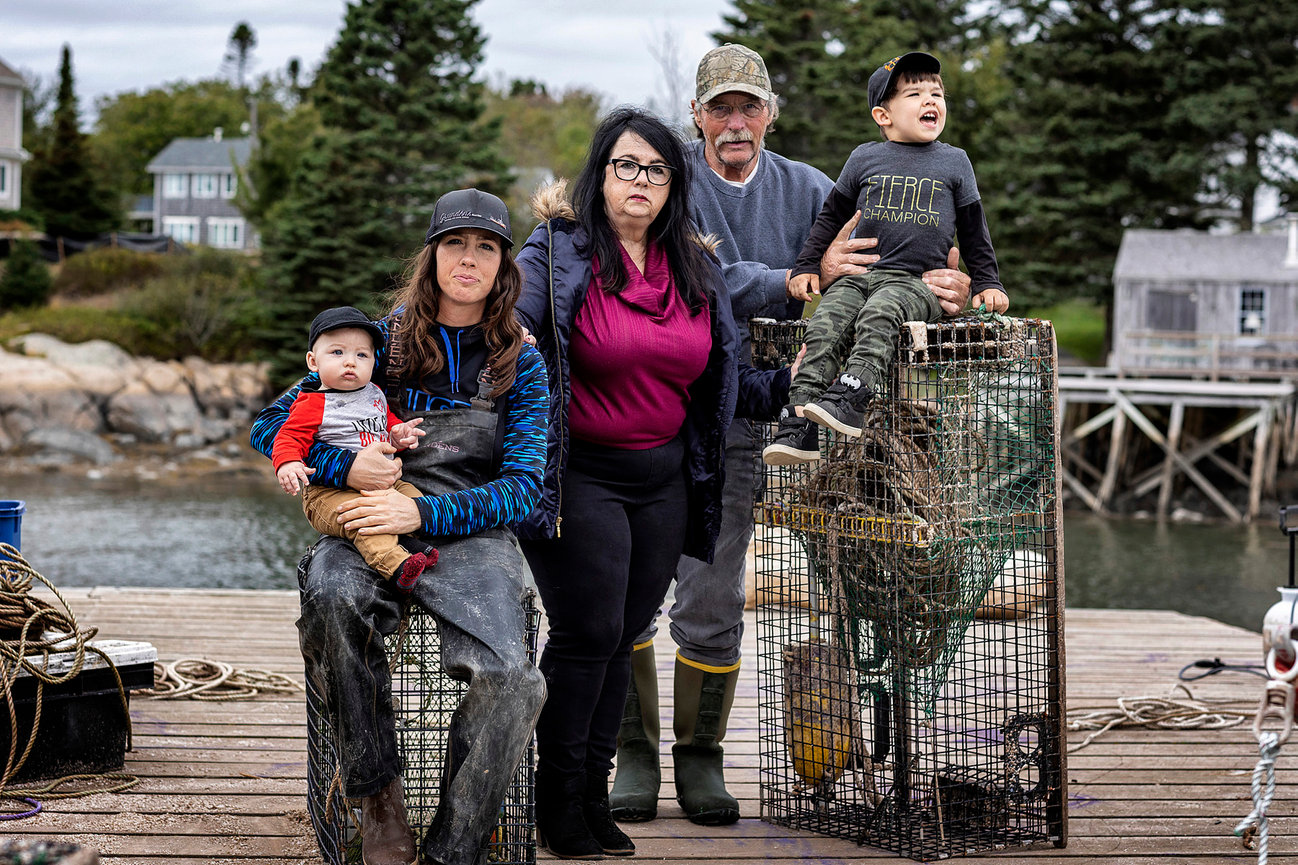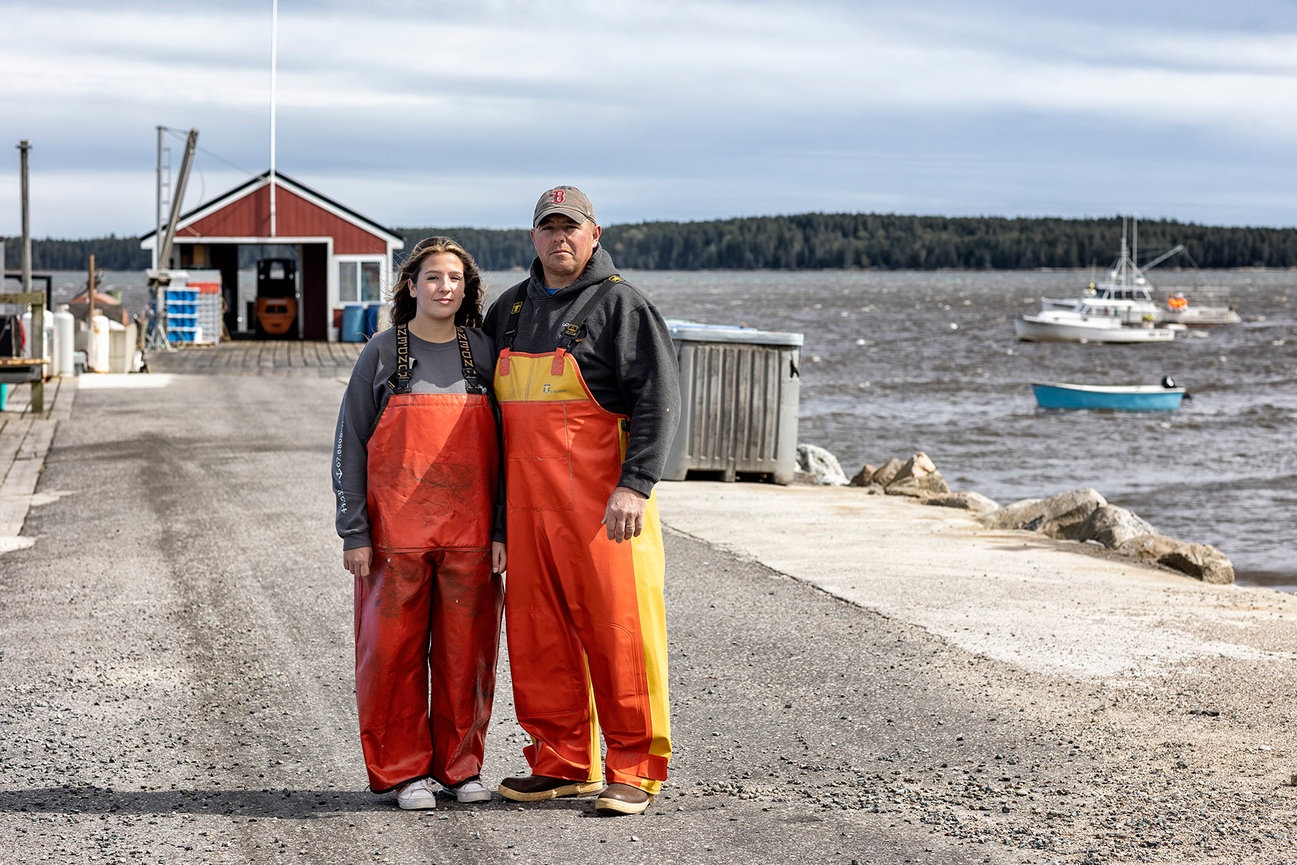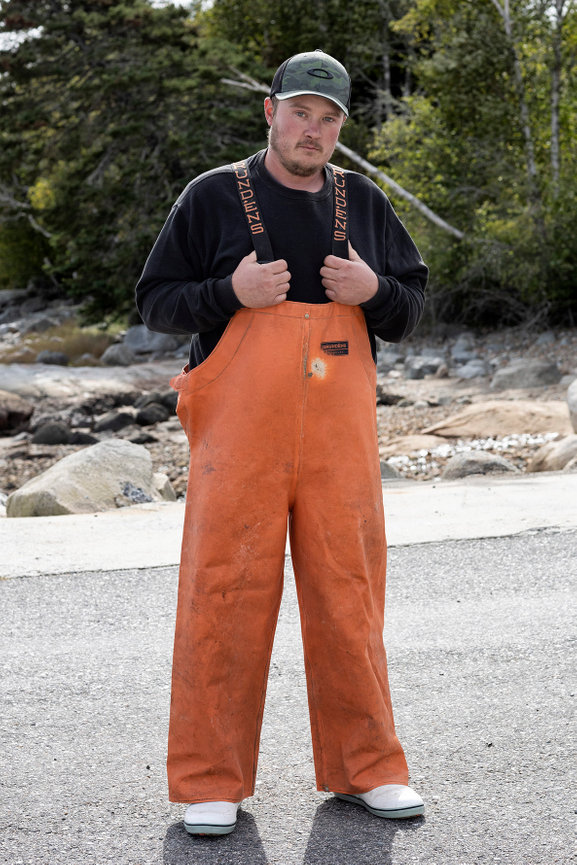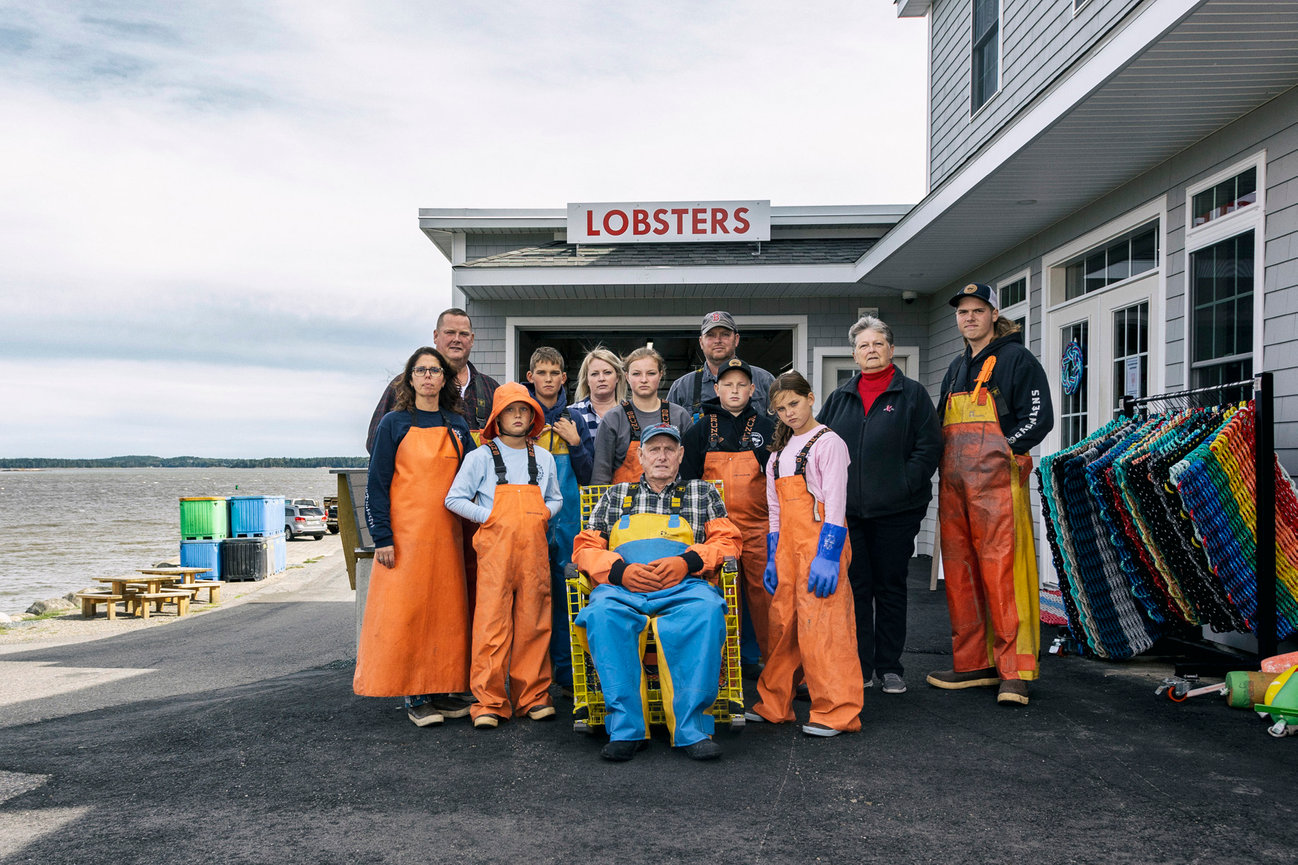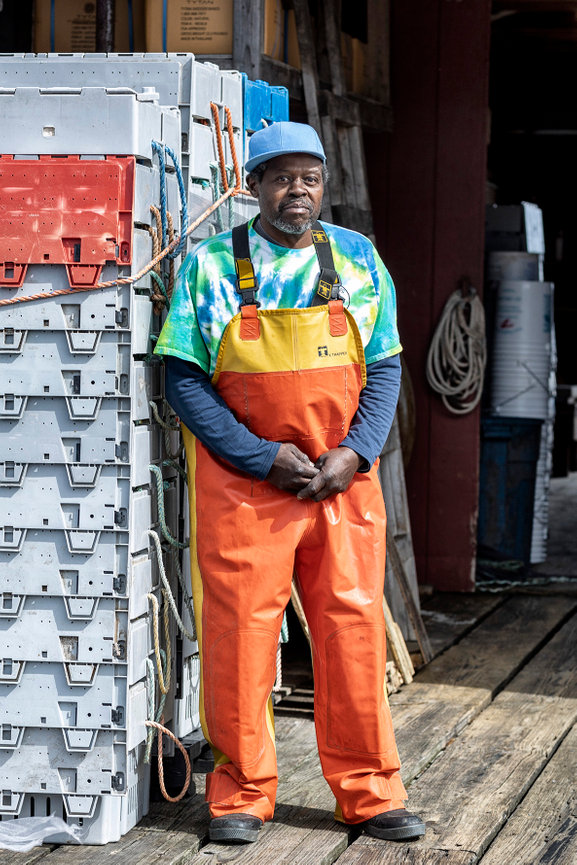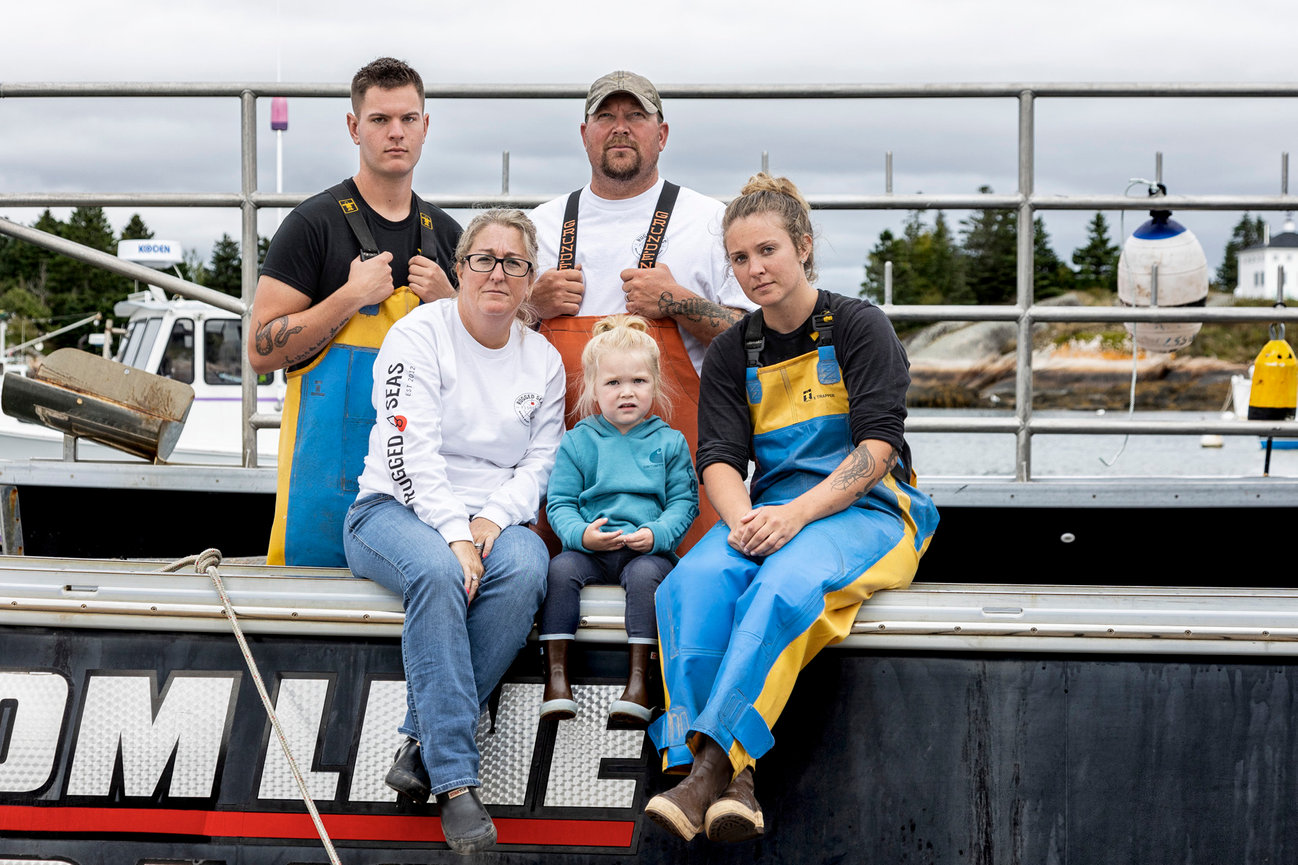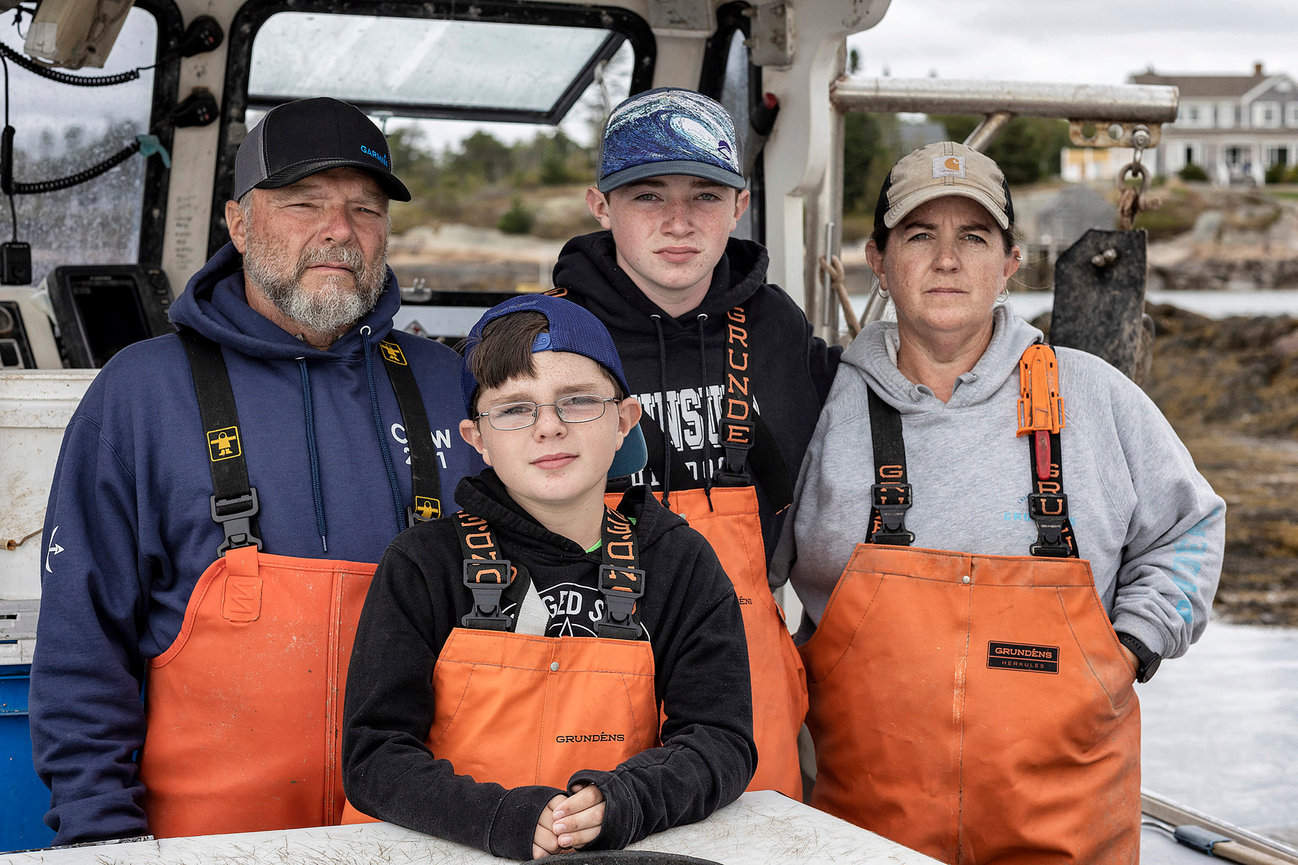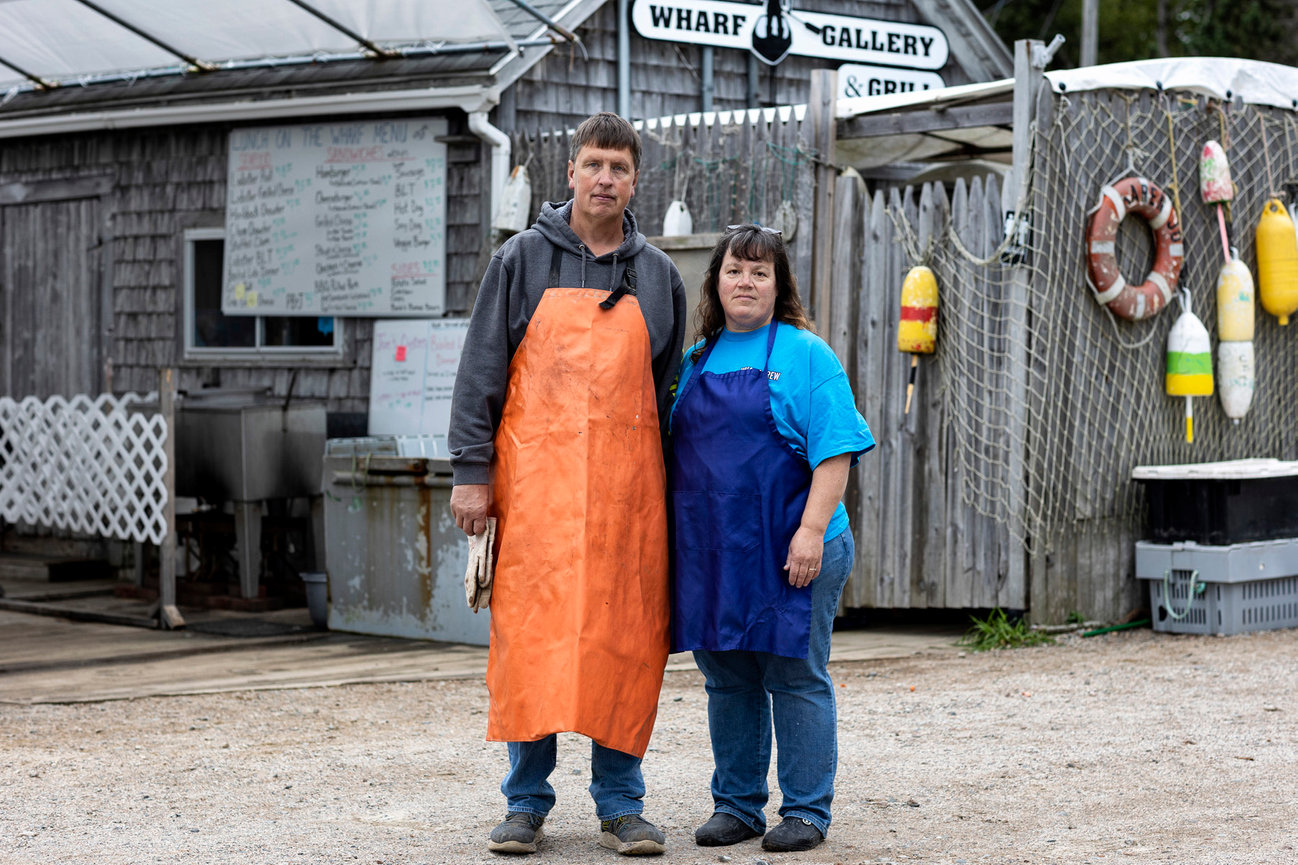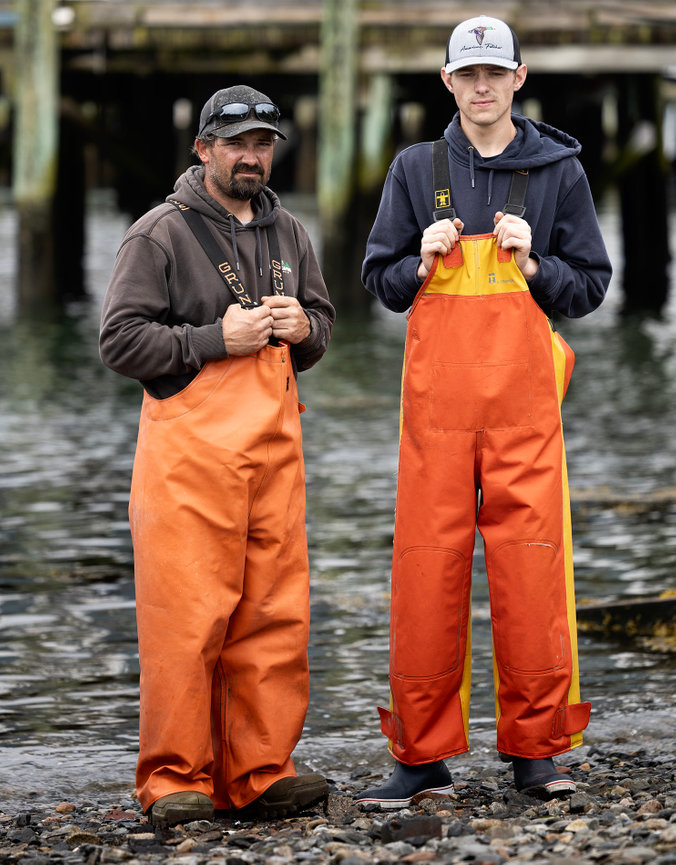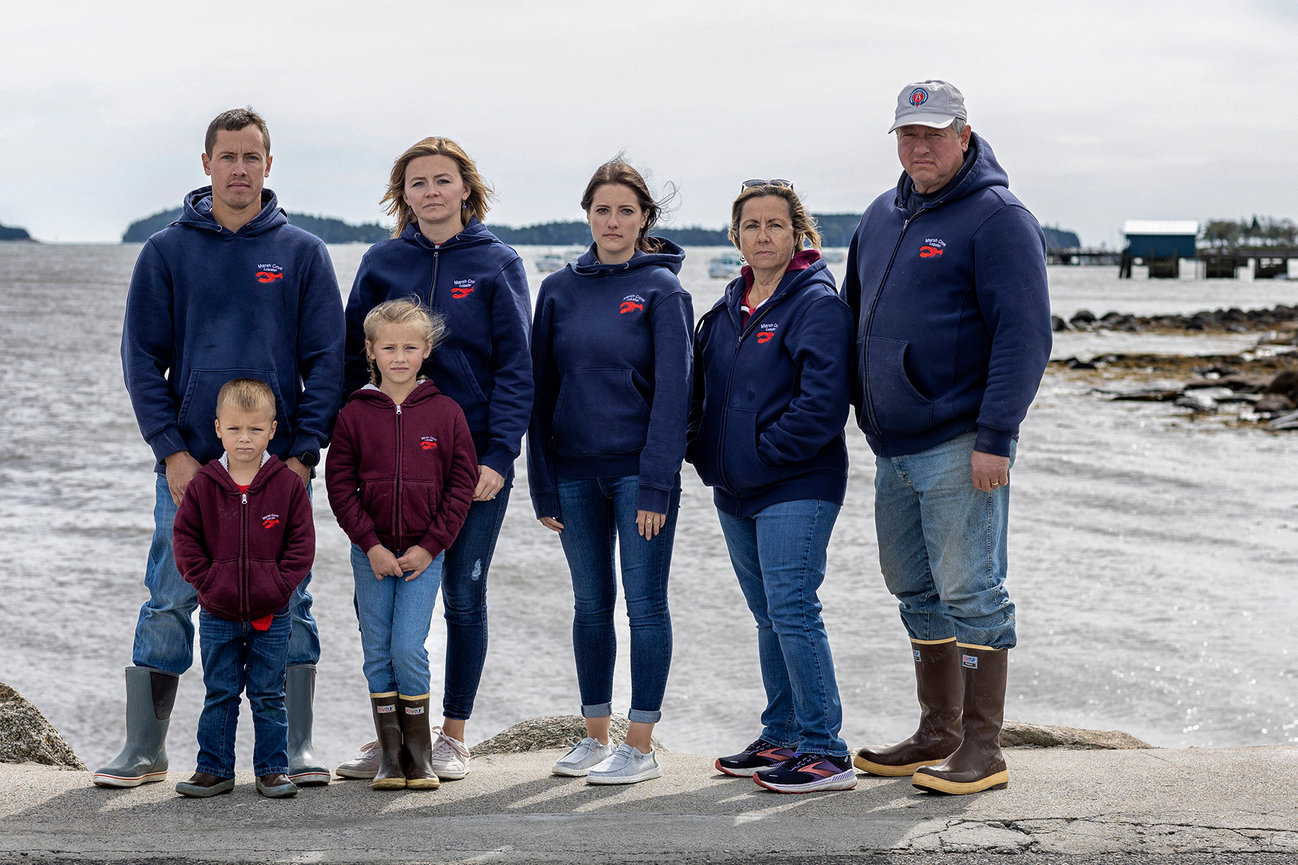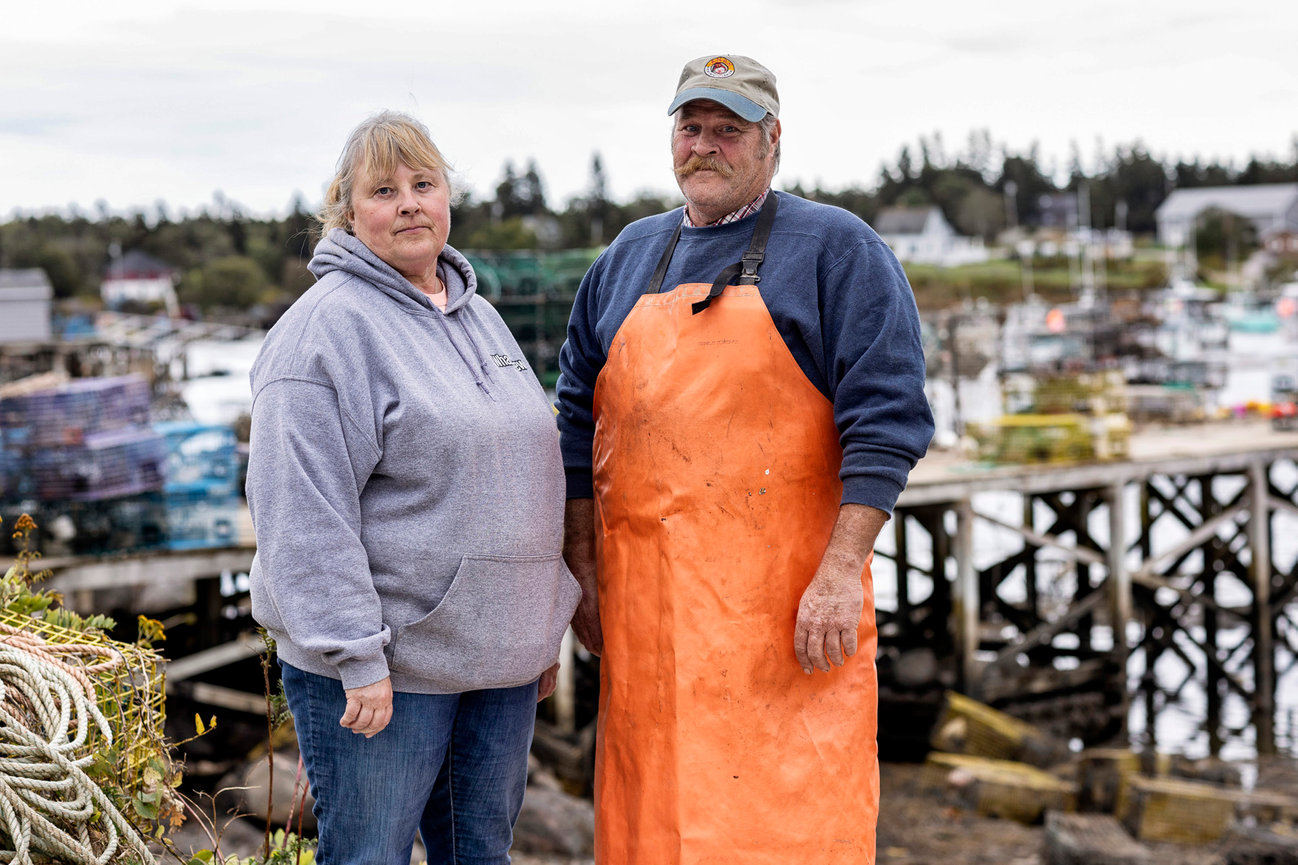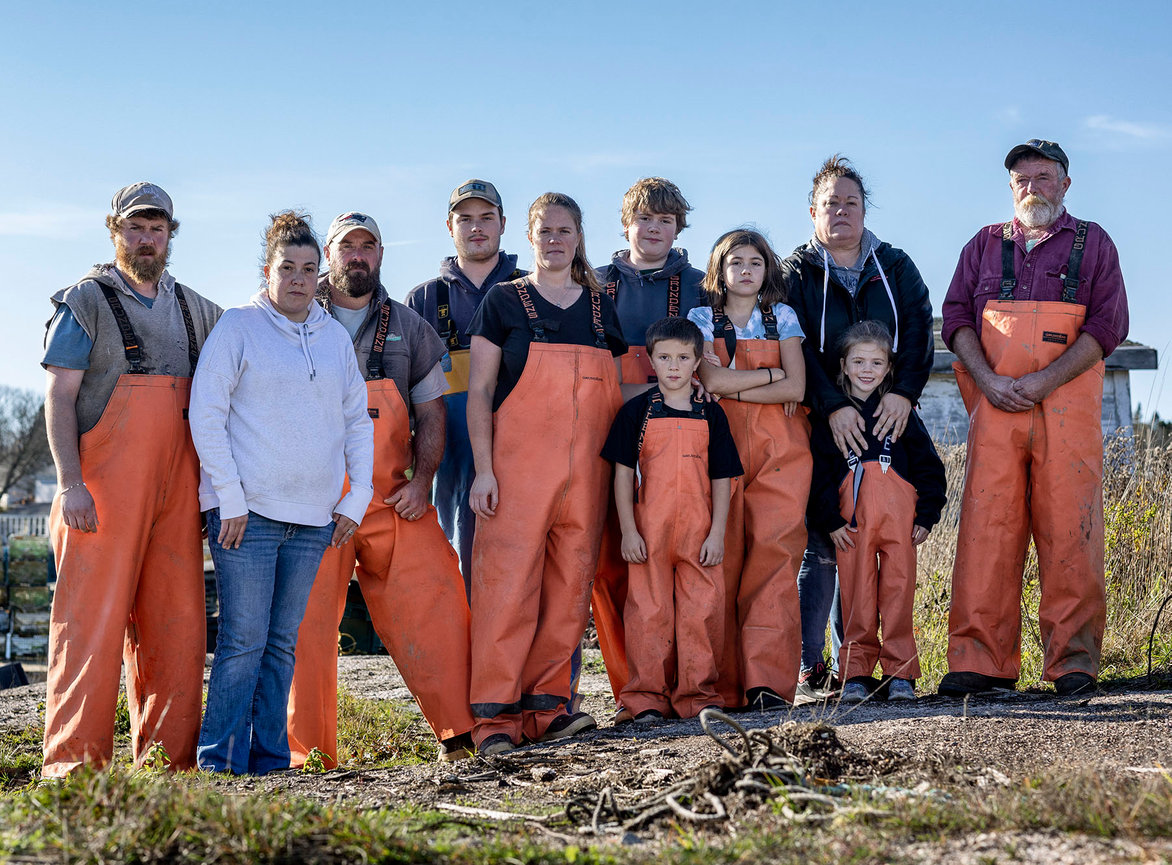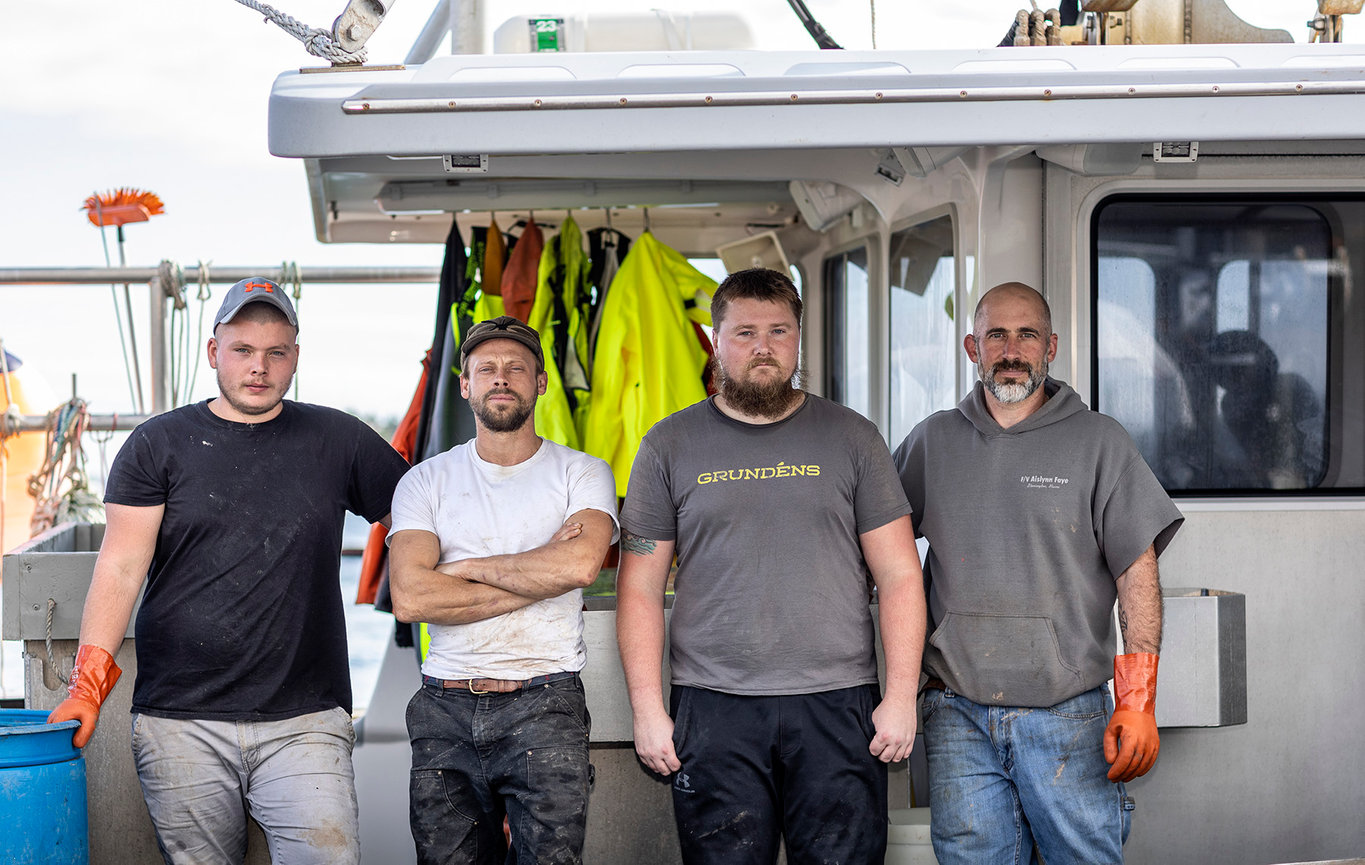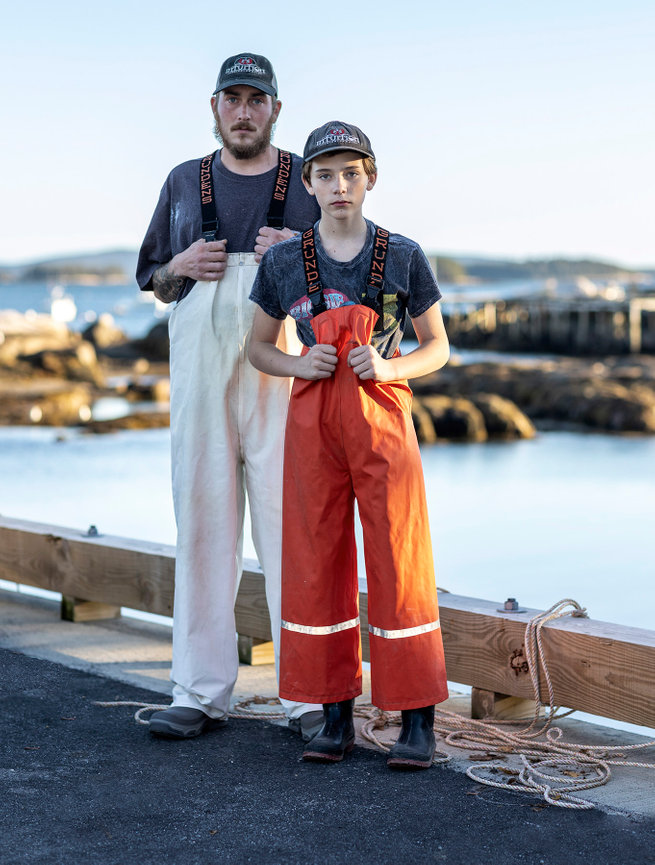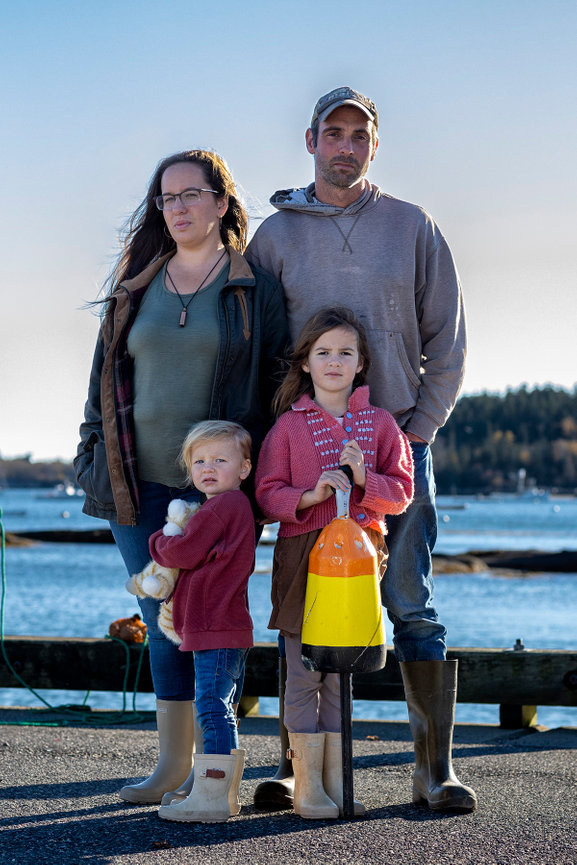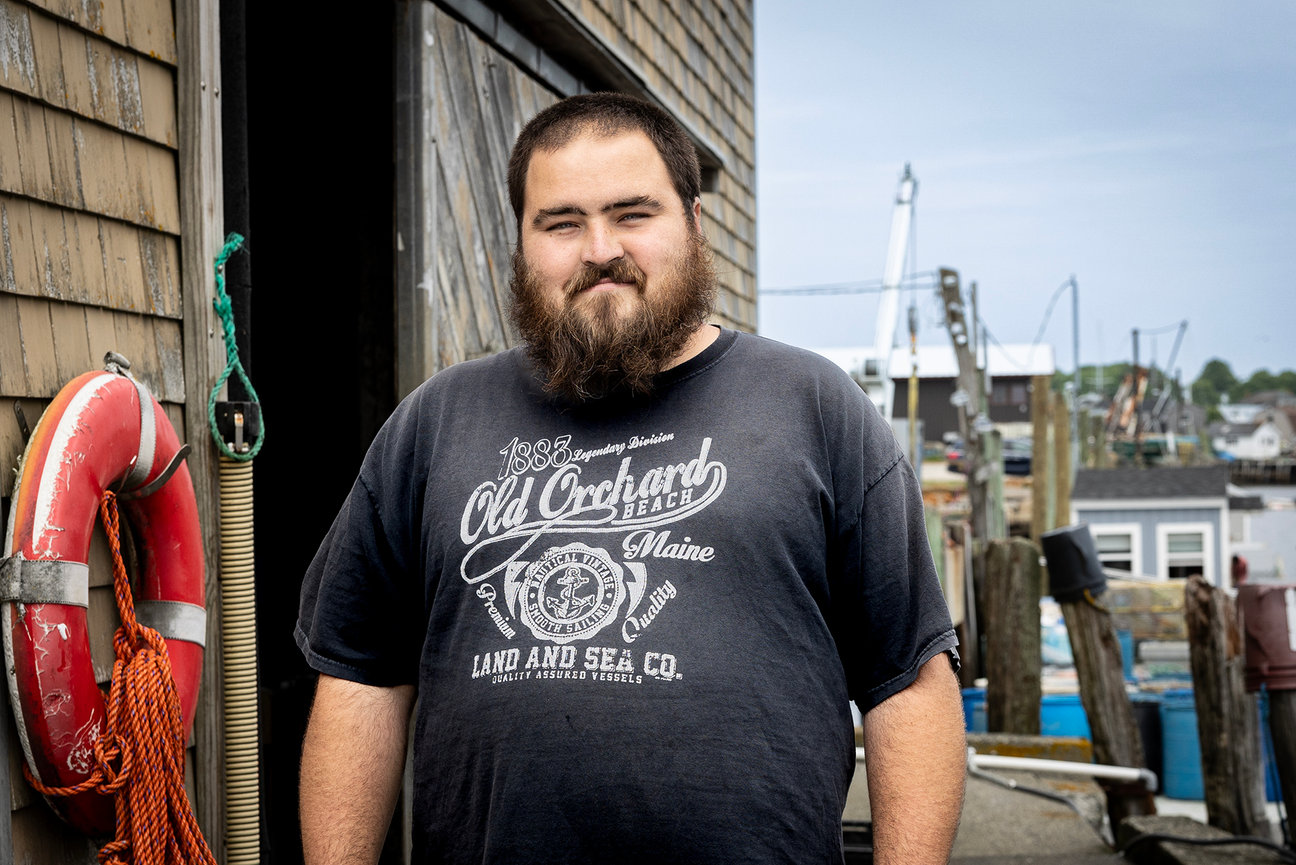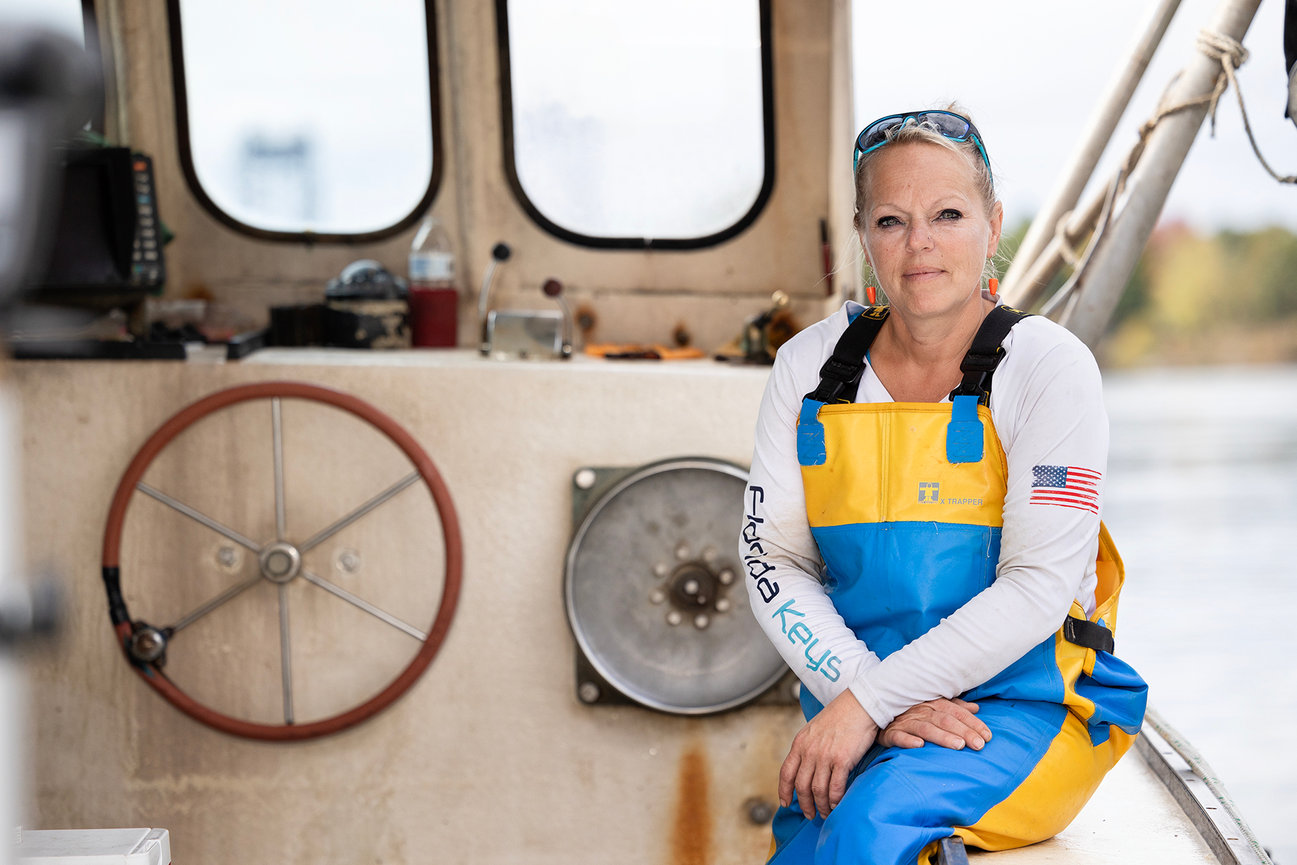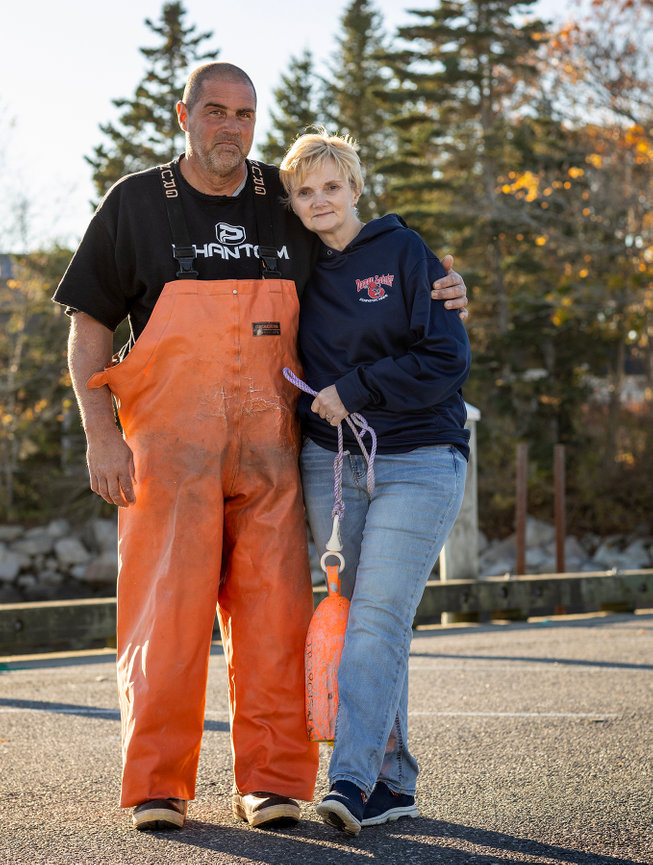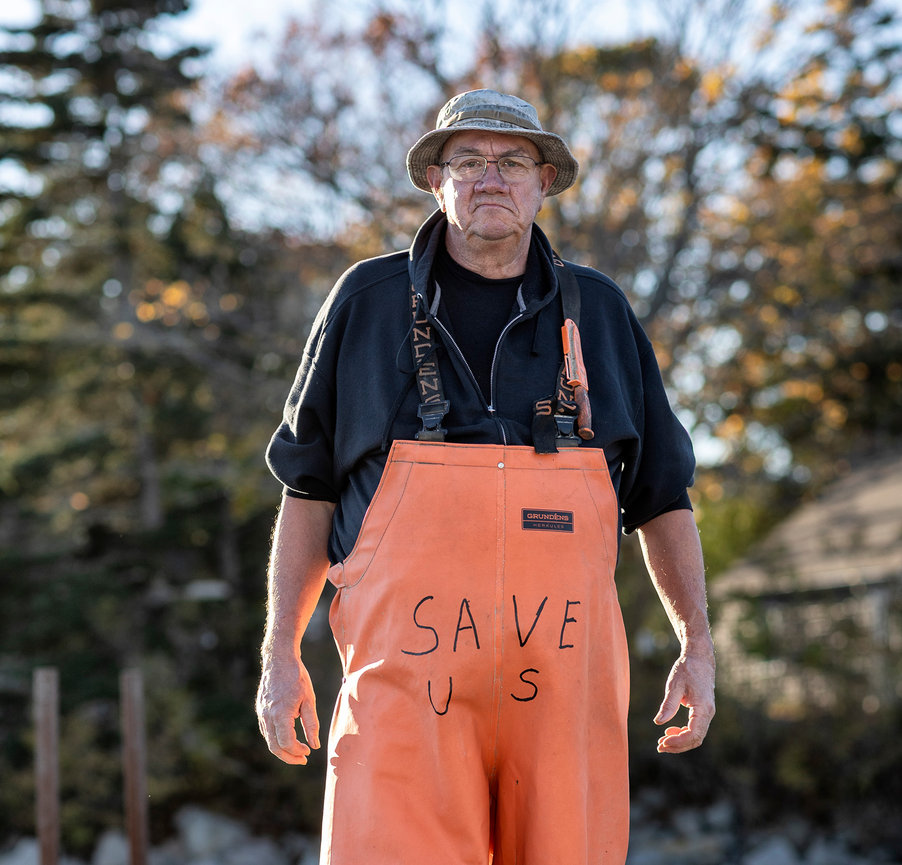

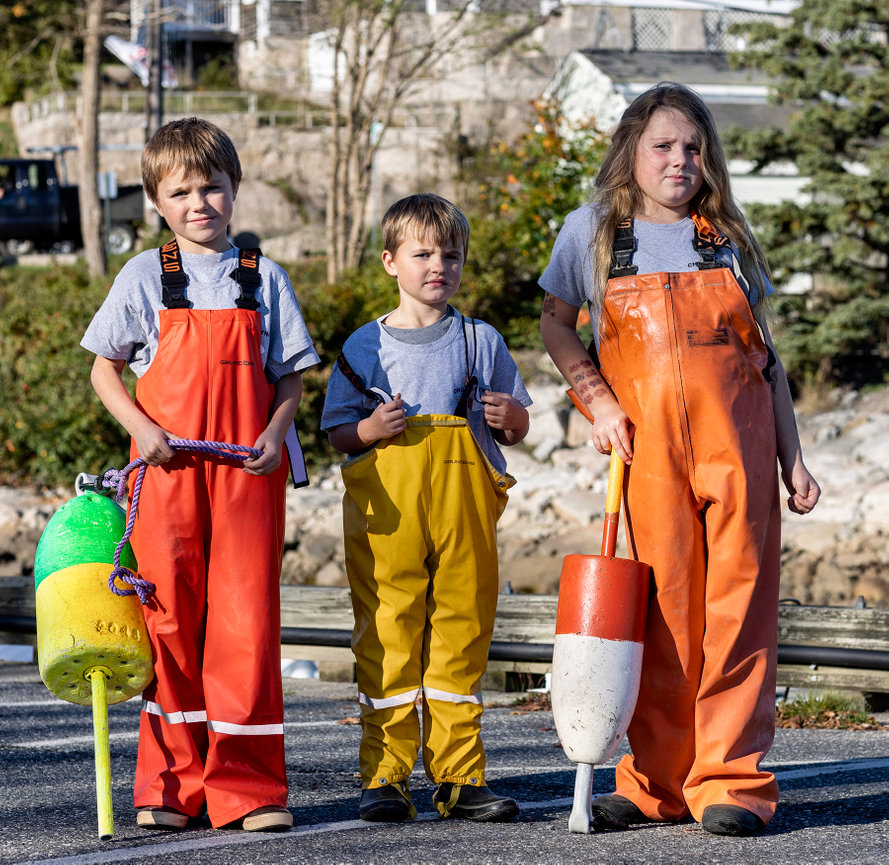
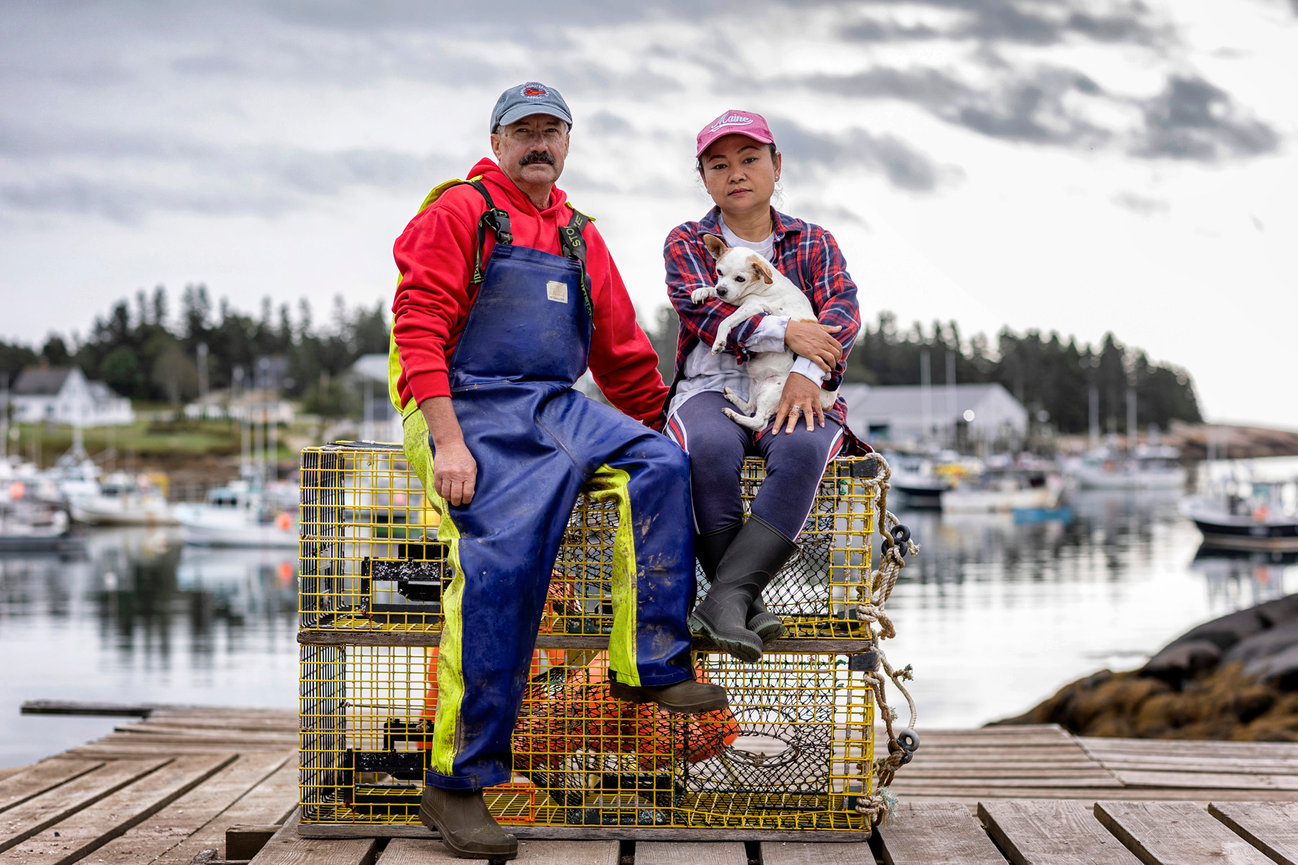

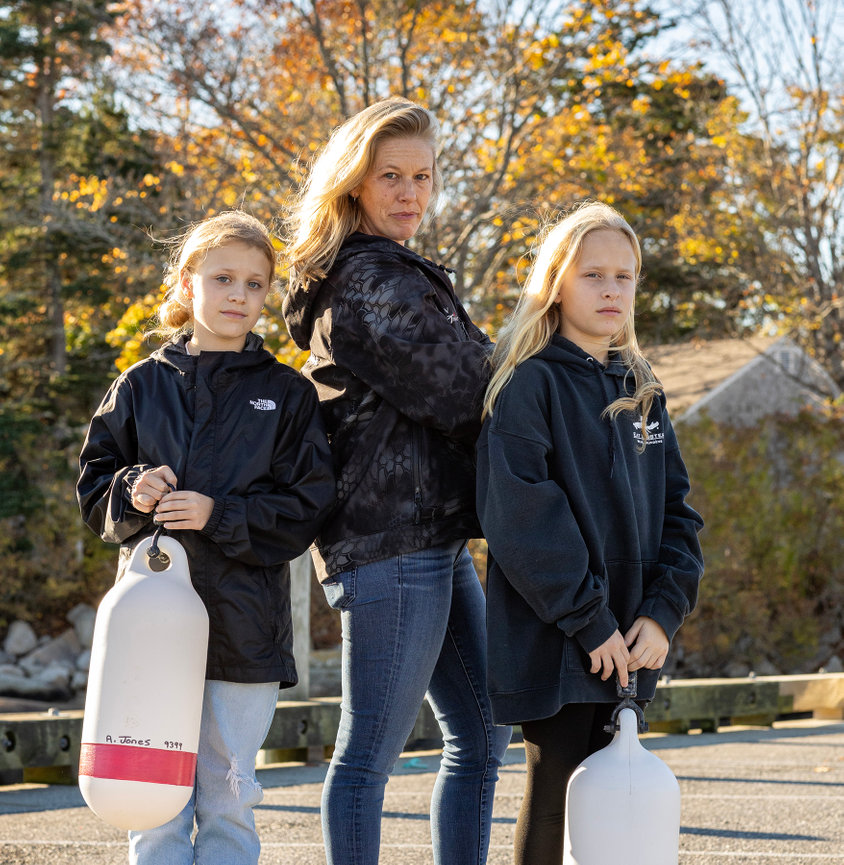

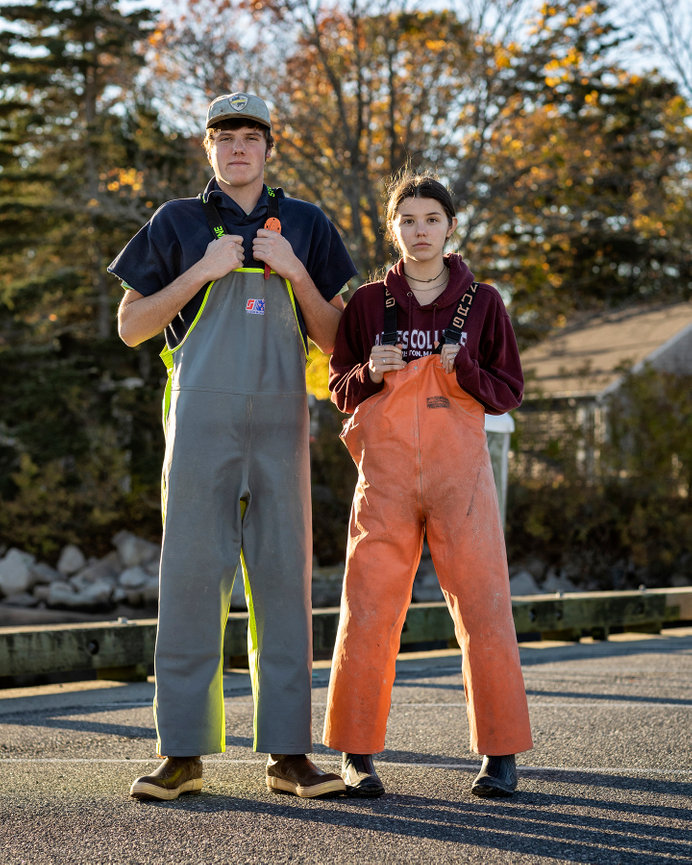
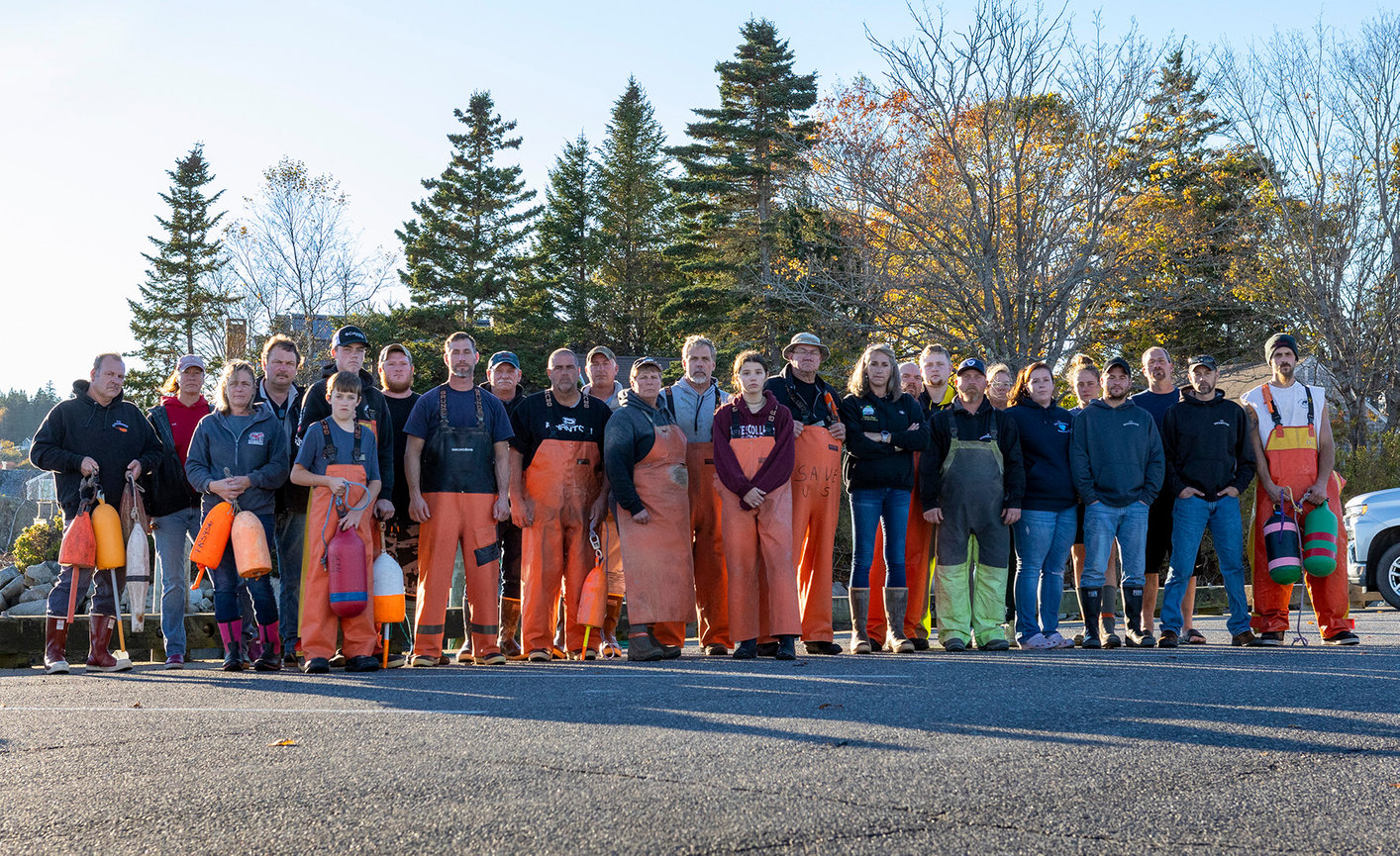
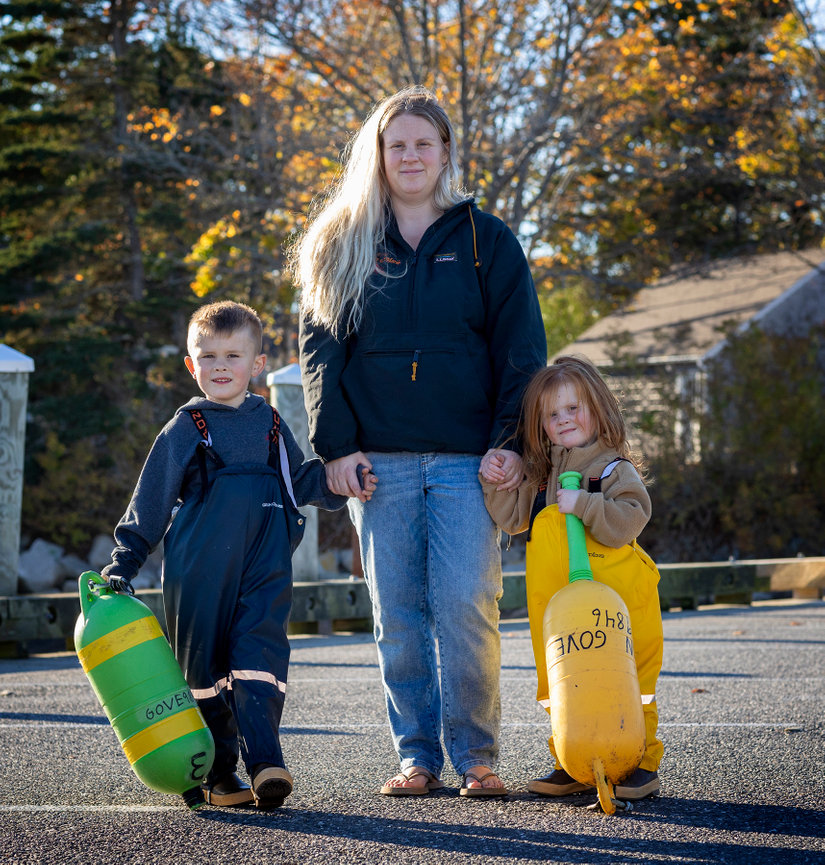
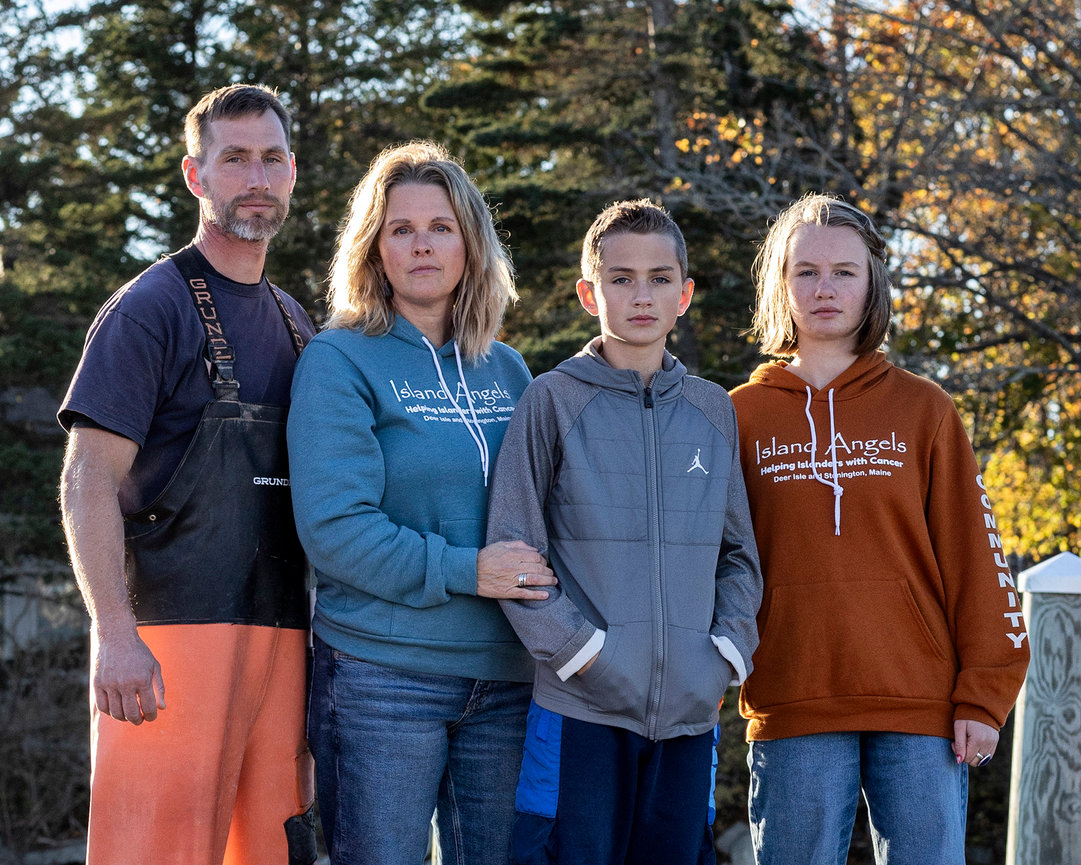
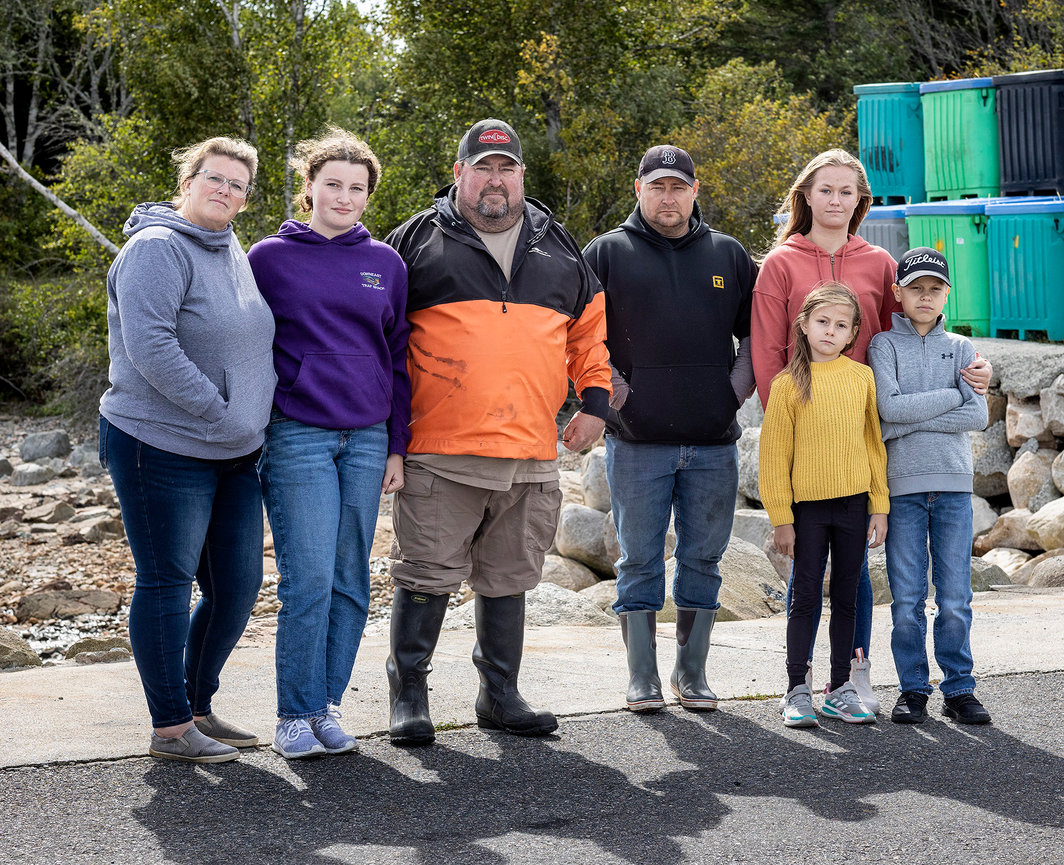
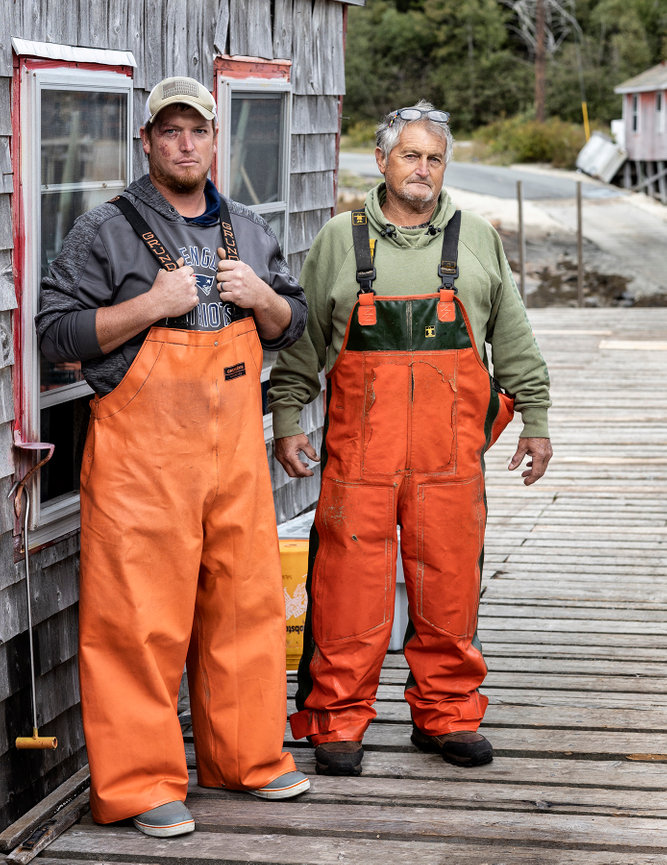
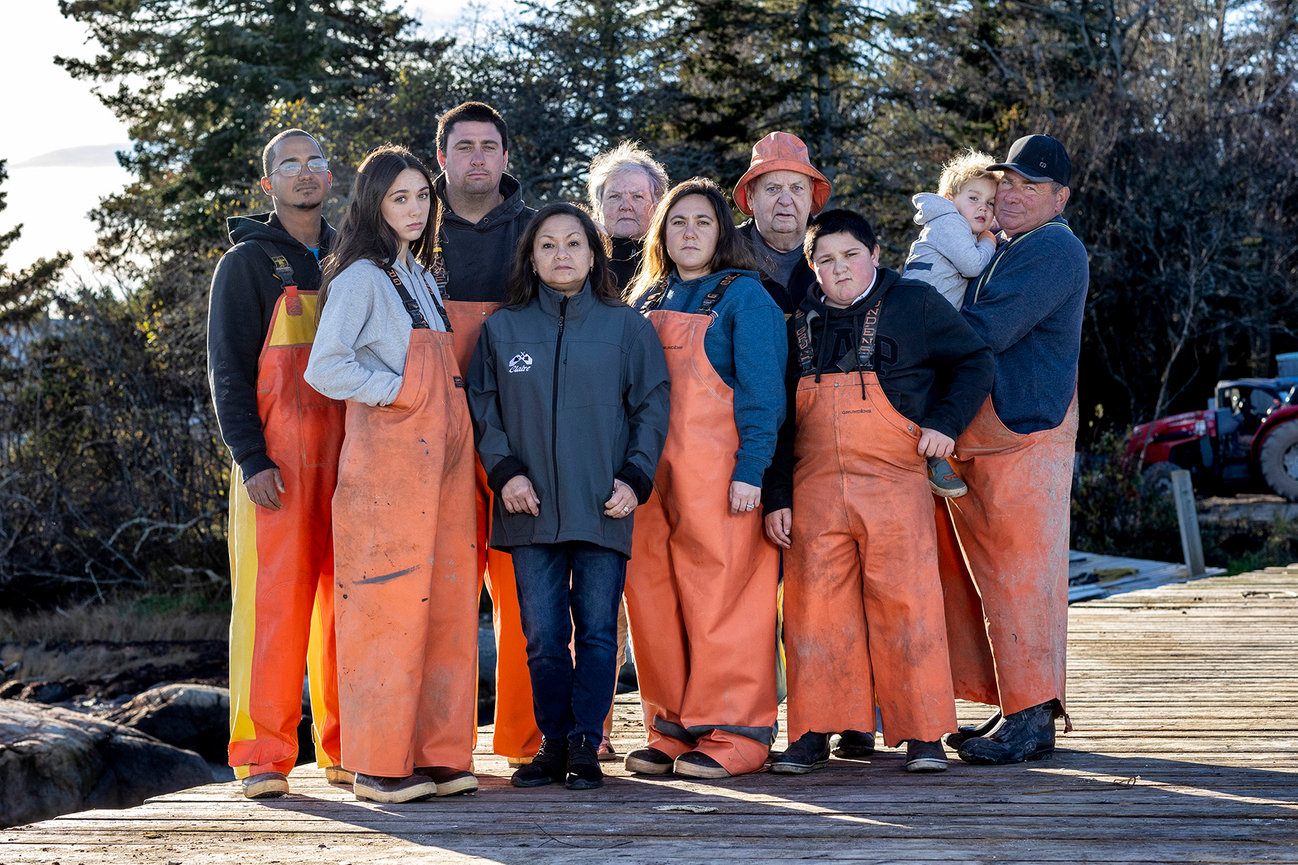
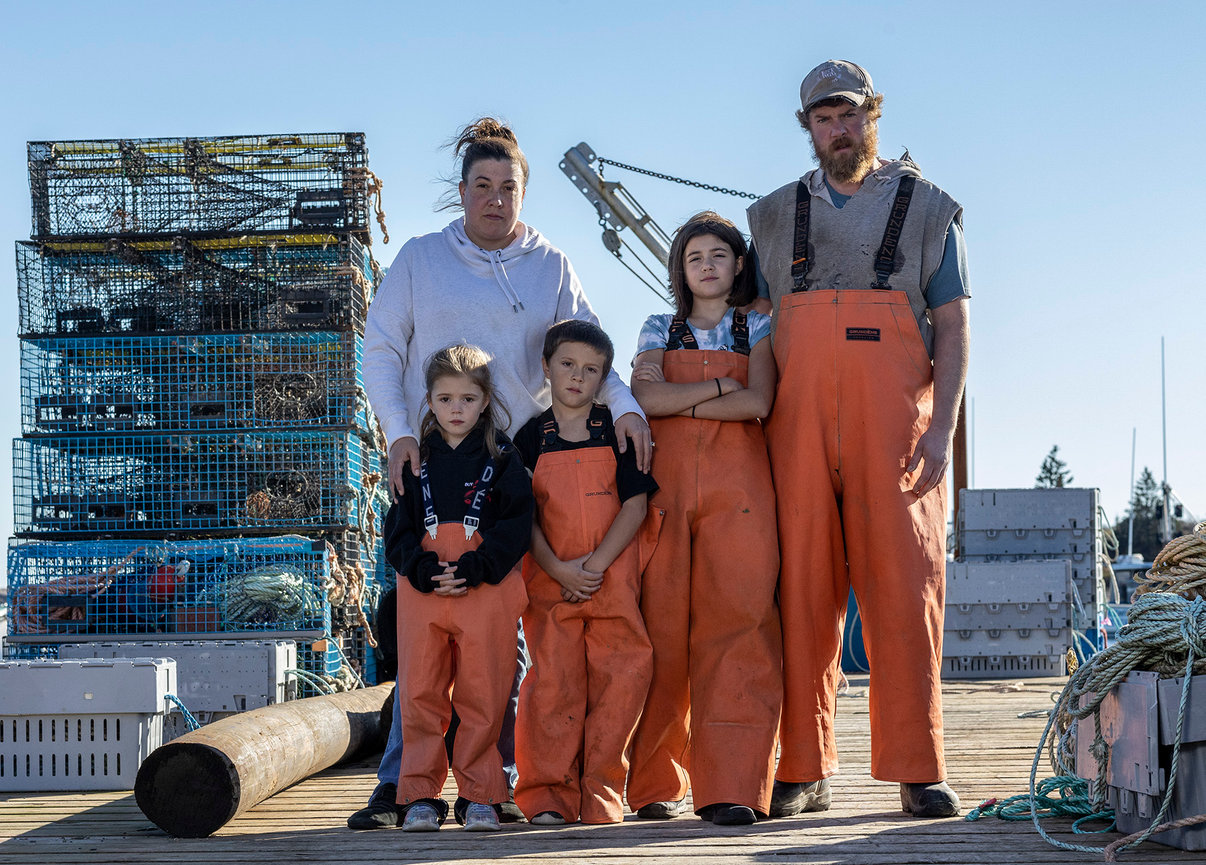
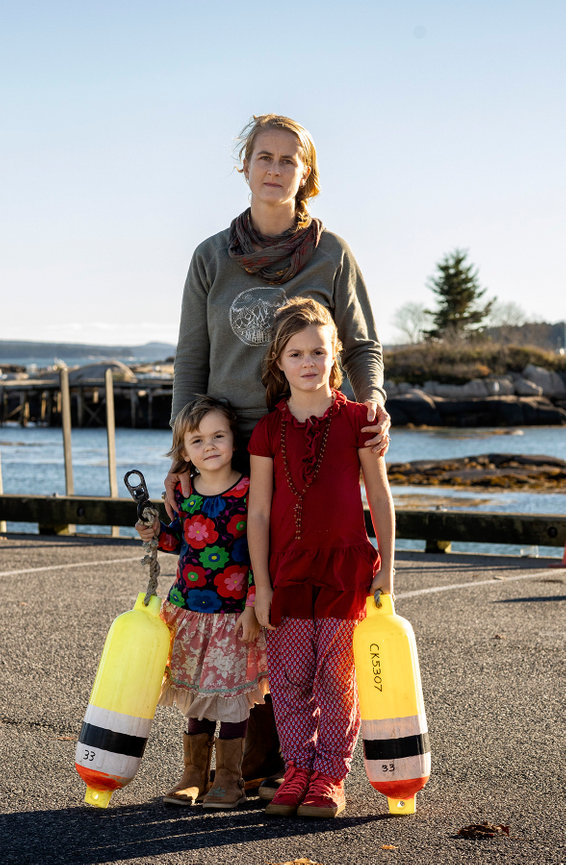
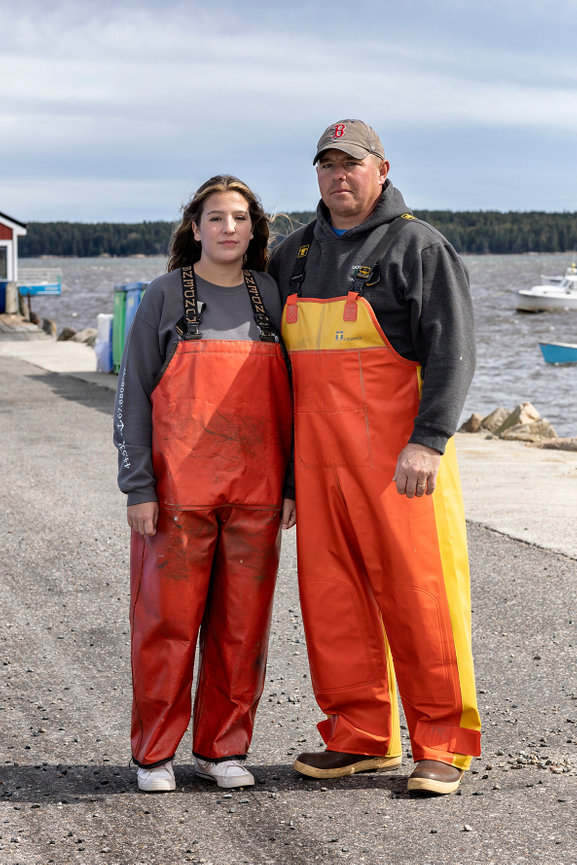
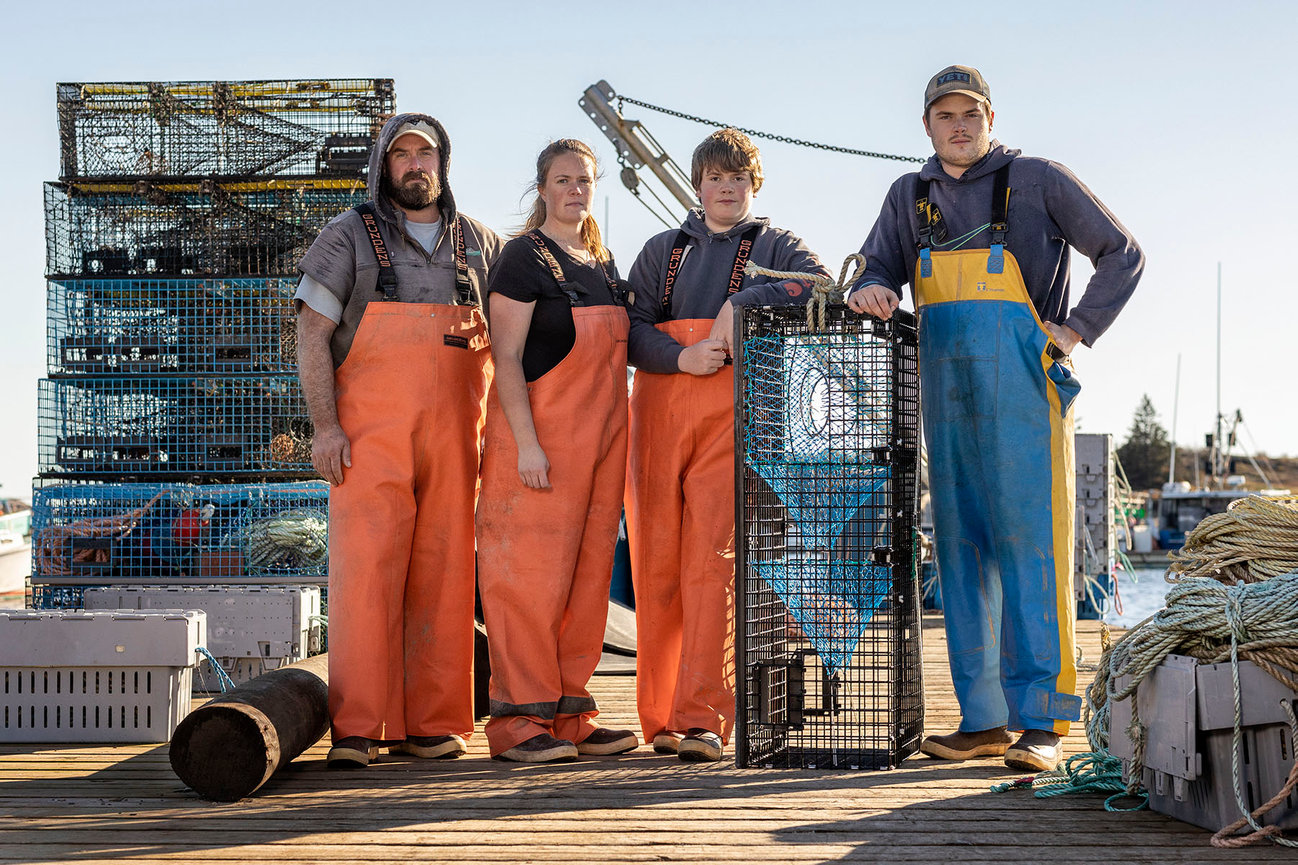
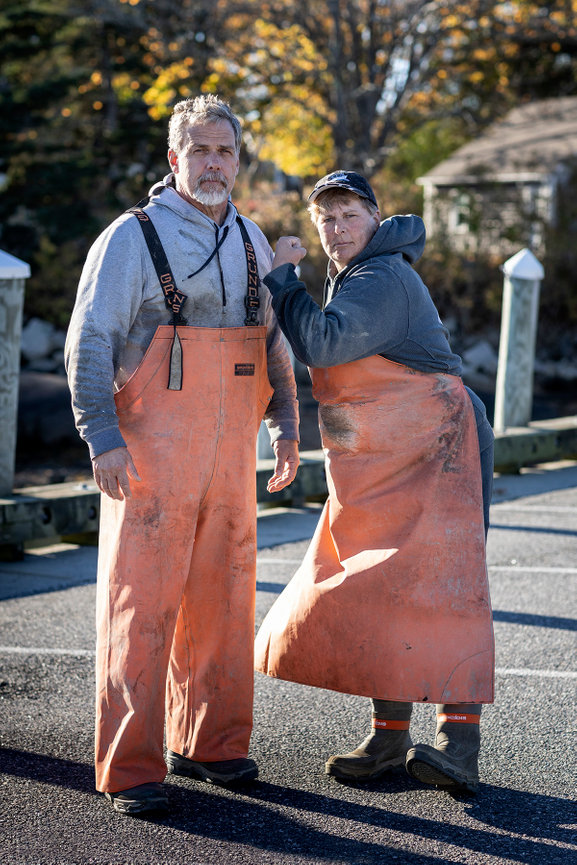
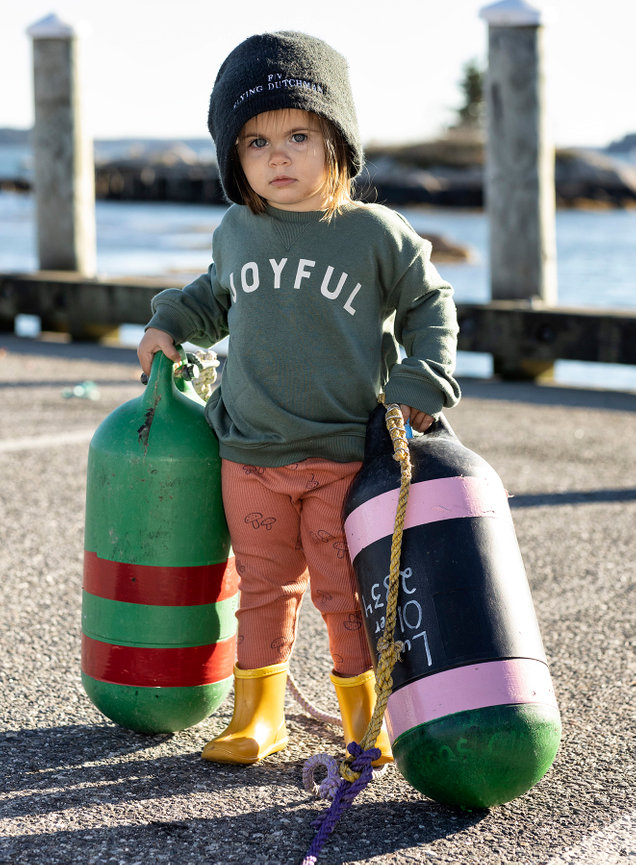

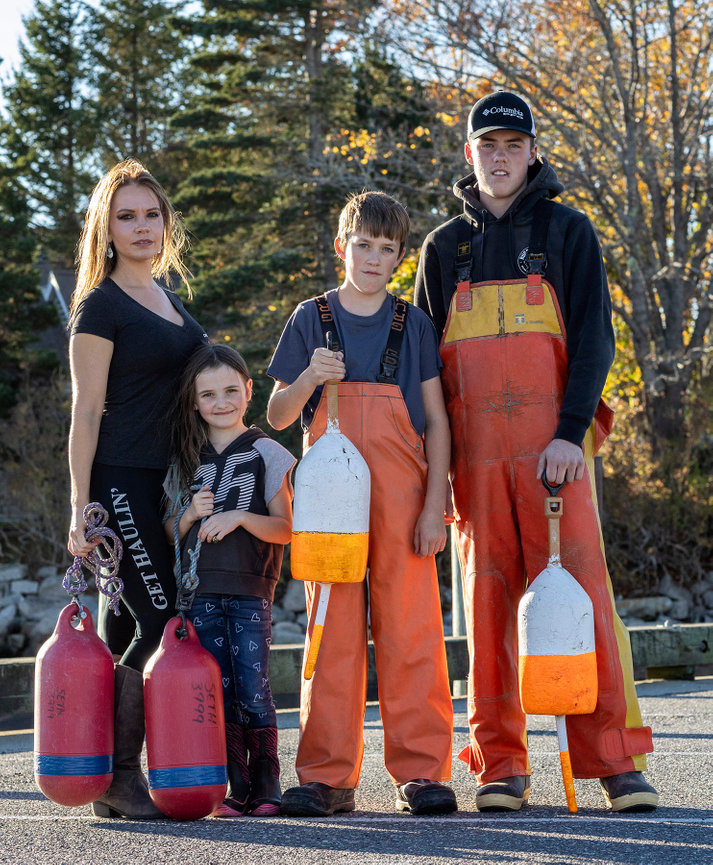
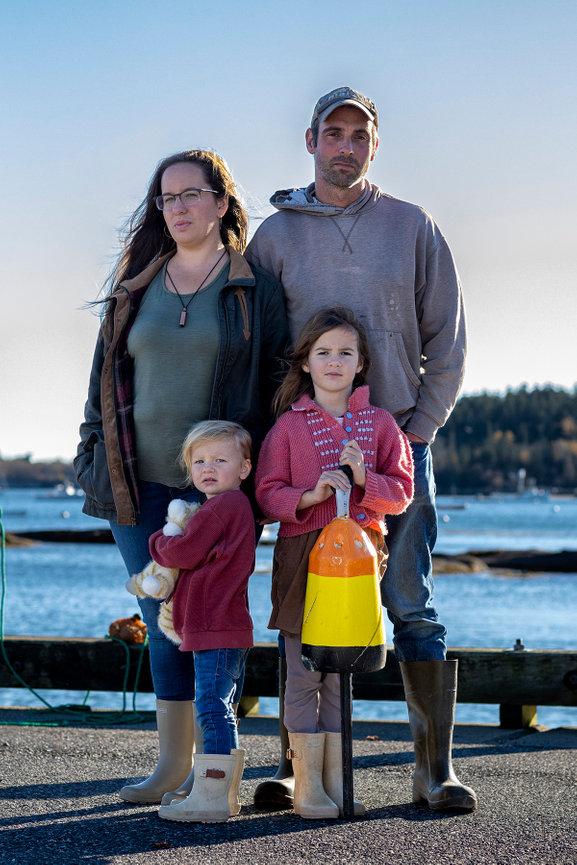


The Endangered Lobstermen
“The Endangered Lobstermen” is a series of portraits of the men, women and children who lobster fish off of the Maine & New Hampshire coast and are at risk of losing their livelihood and their way of life as the lobster industry experiences changes and challenges.
Lobstering is a family business. If you are part of a lobster fishing family, most likely your parents, grandparents, great grandparents and great great grandparents were also lobstermen. You started out on the boat in some cases as an infant sleeping in a crate, with Mom & Dad pulling their traps. As you got older you were up before the sun with your mother, father, grandparent or Aunt & Uncle, filling the bait bags as the traps were hauled. You learned how to fish responsibly, throwing back any lobster that wasn’t mature enough, and you notched & threw back the females so the population would thrive. You took the apprenticeship classes in high school, and got your junior lobster fishing license to continue the family tradition. You saved your earnings from your catch & bought your first boat, traps and worked the 9 years to get your full license. The early mornings continued as you started your family and the cycle began again.
There are close to 5000 commercially licensed lobster fishers & 1085 licensed student lobster fishers in the state of Maine. The Maine lobster industry is facing a multitude of challenges. Pressing issues to the lobster industry include rising seas, warmer ocean temperatures in the Gulf of Maine (causing lobster to migrate to colder waters away from Maine), increased fuel & bait costs, offshore wind (windmills taking up ocean space that can not be used for lobstering anymore) and impending new regulations aimed to protect the endangered North Atlantic right whale. If you are a lobster fisher in Maine, you are self employed (as each boat is an individual business) navigating these challenges and the possibility that lobstering won’t be a profitable business anymore.
This series is on going as I continue to visit the many lobstering villages of Maine documenting the families that have fished for many generations to show the human side of what is at stake as new regulations to the industry are created and climate change takes over.
Lobster Industry updates
The Stories
